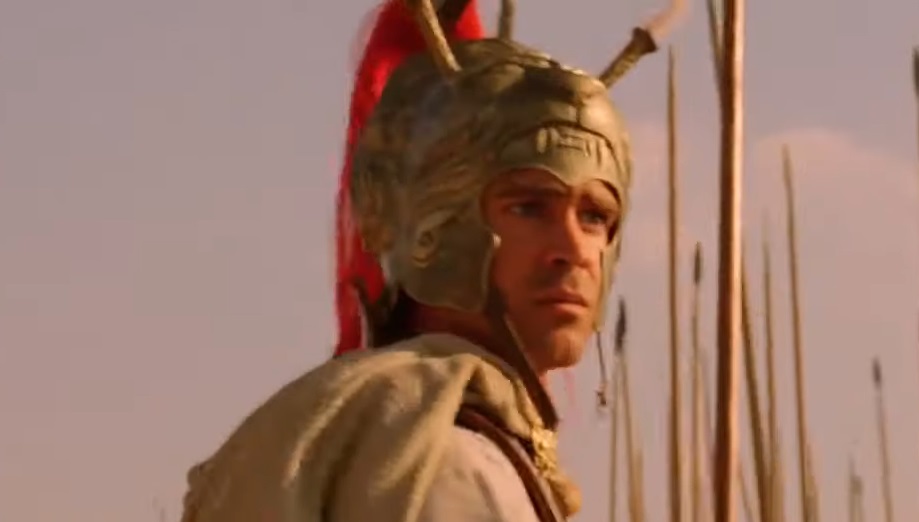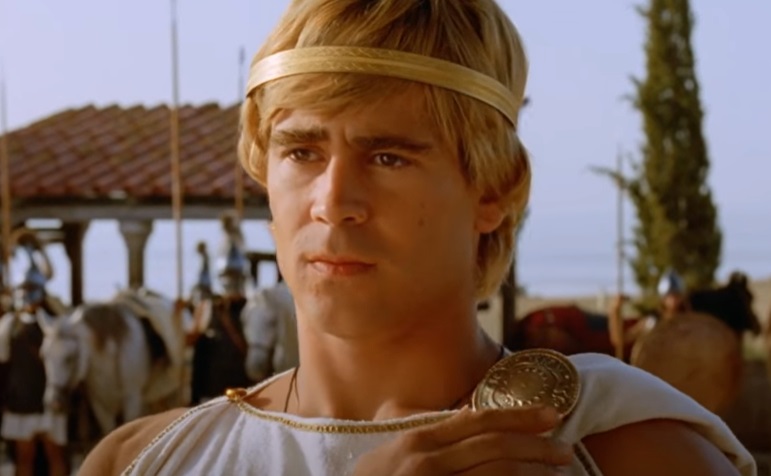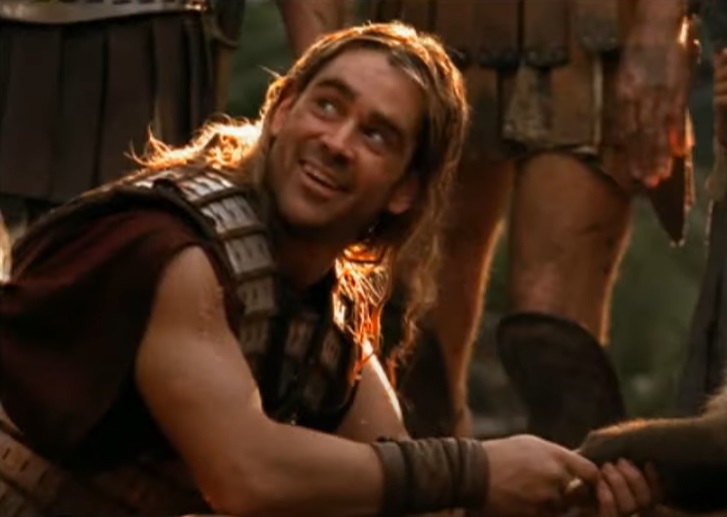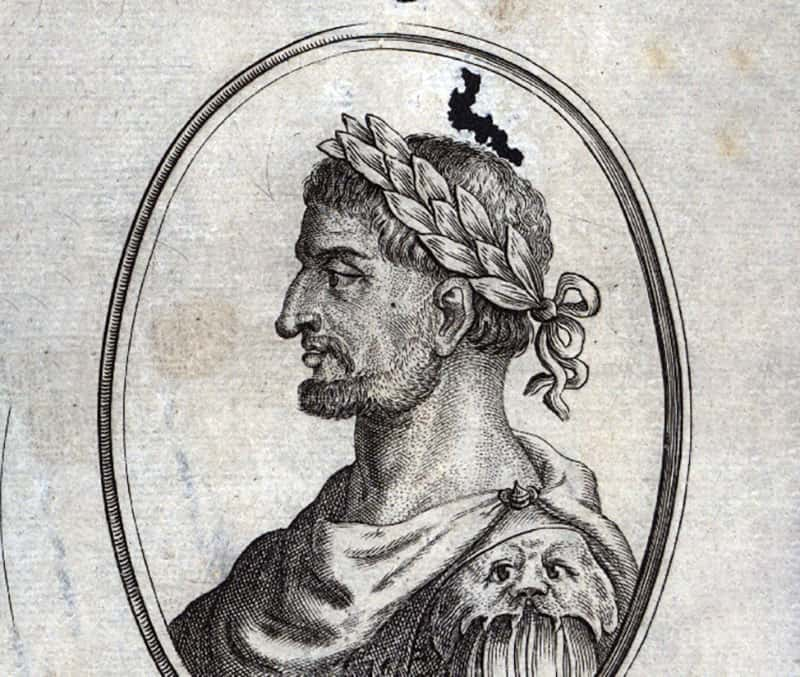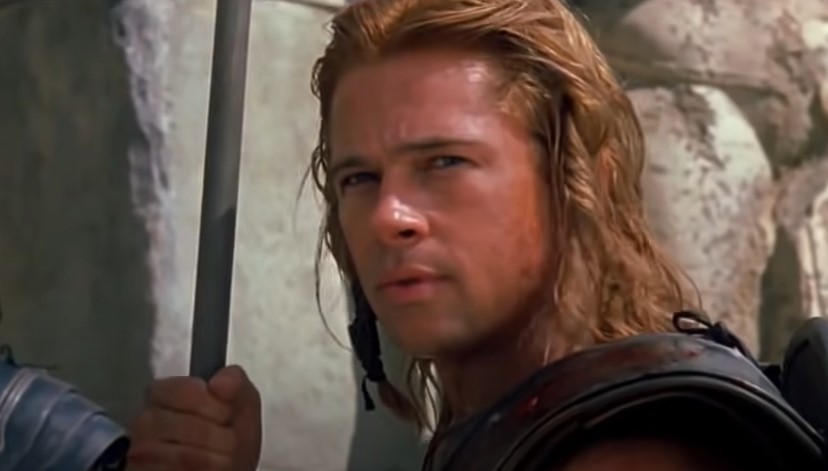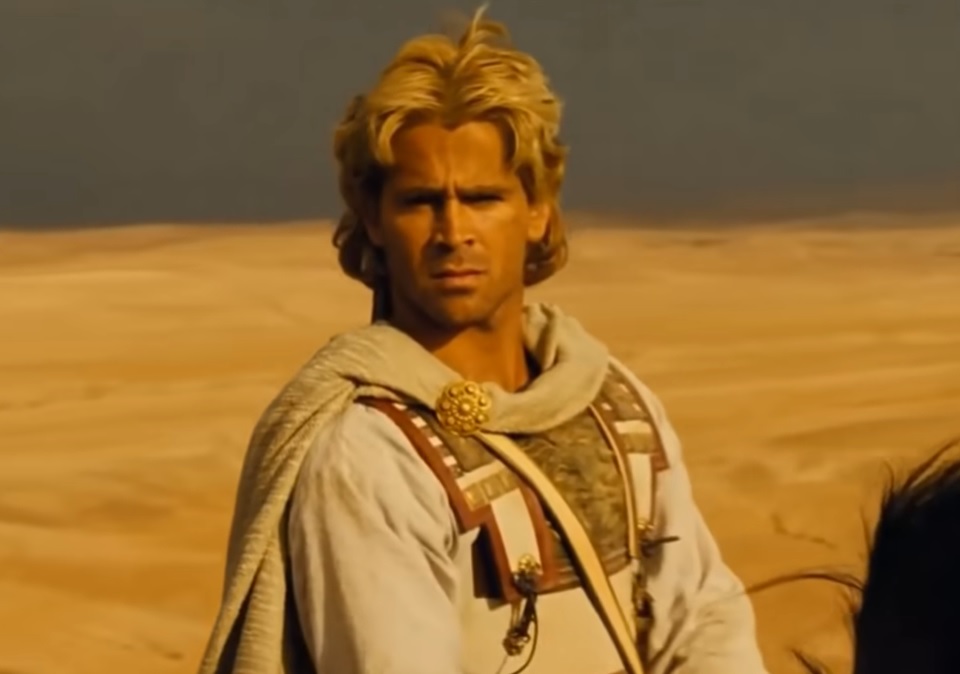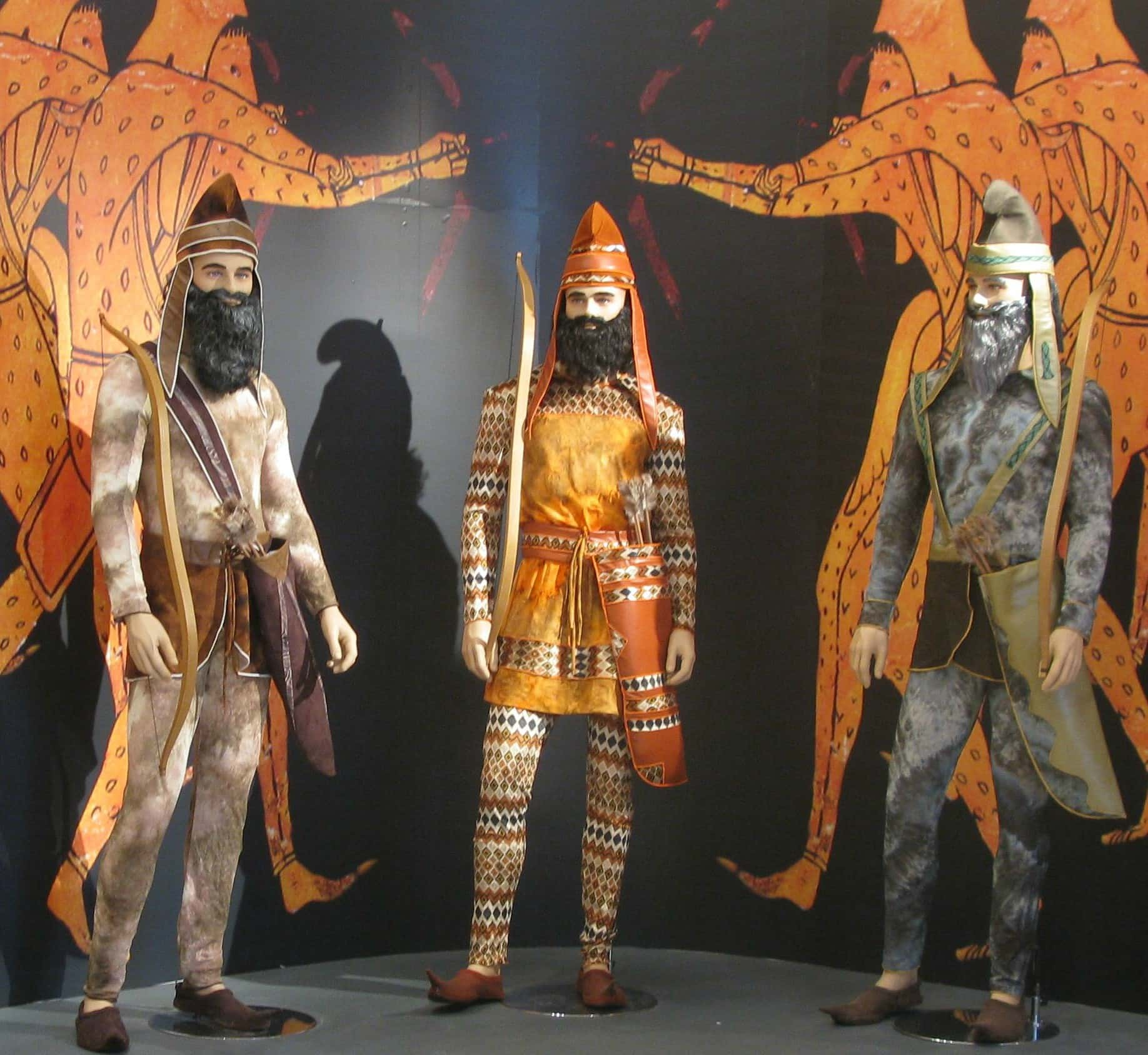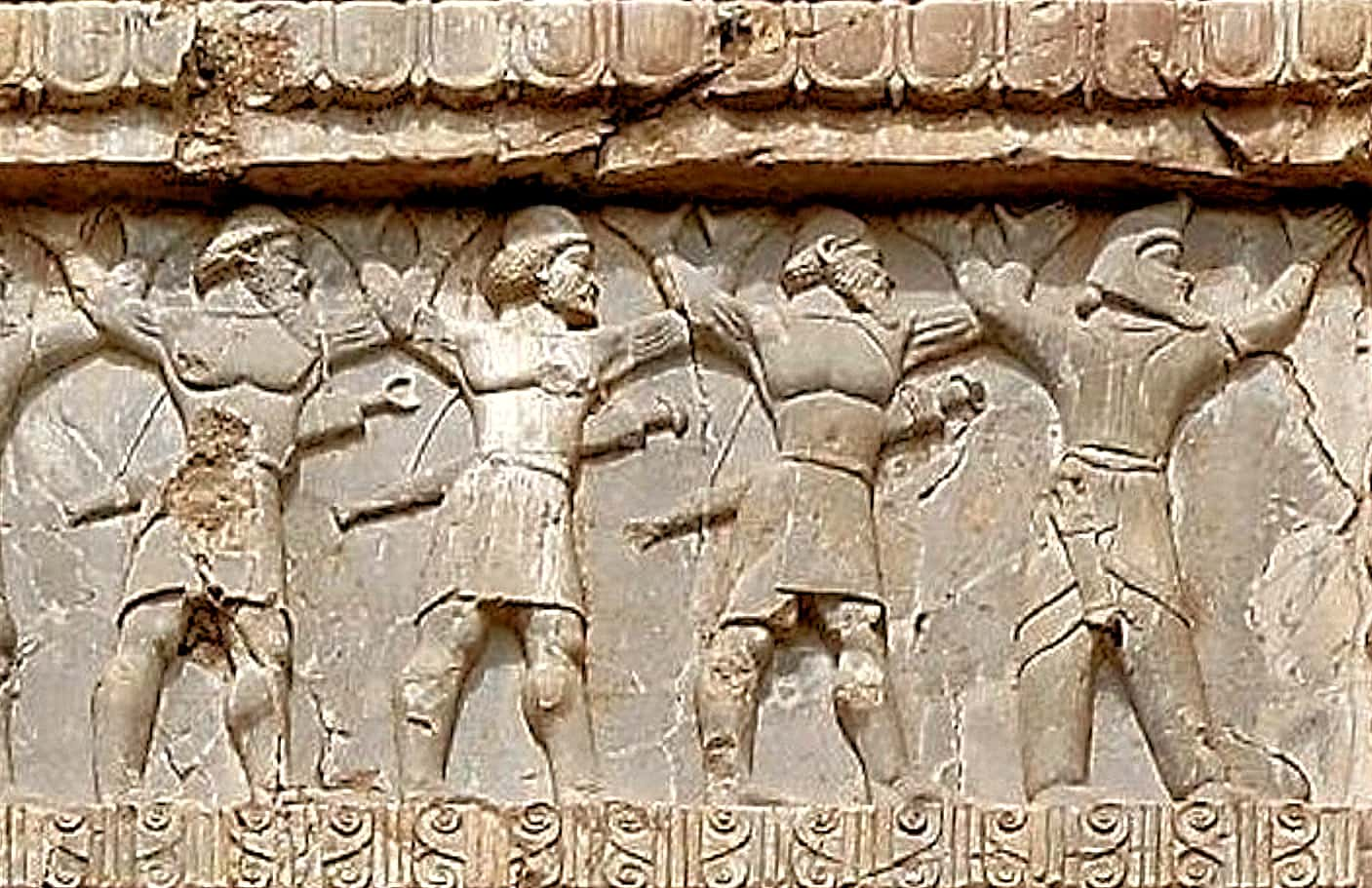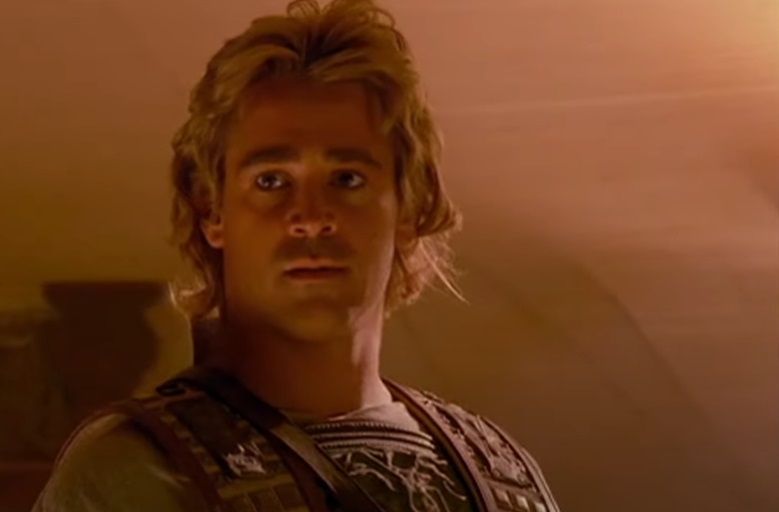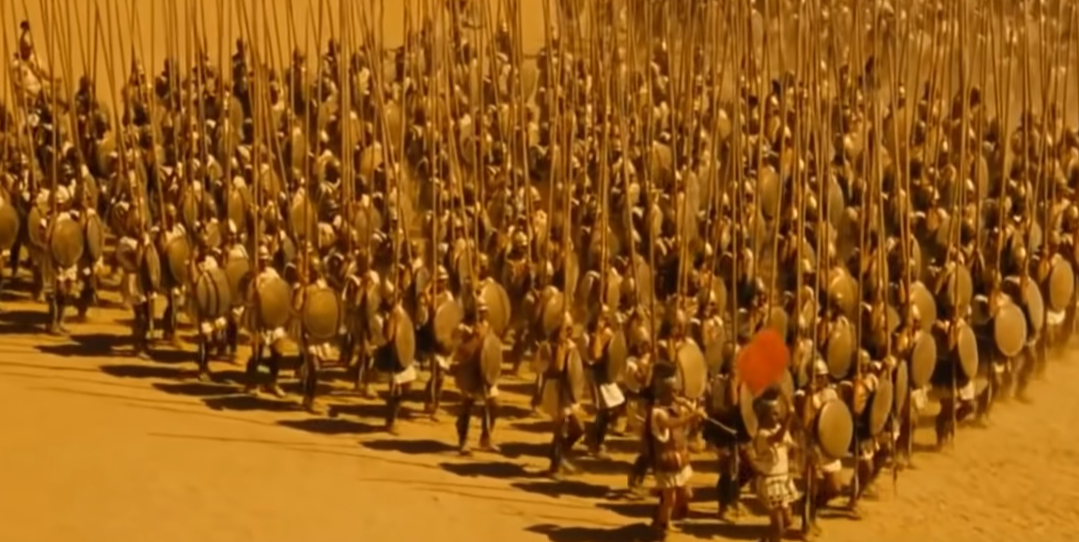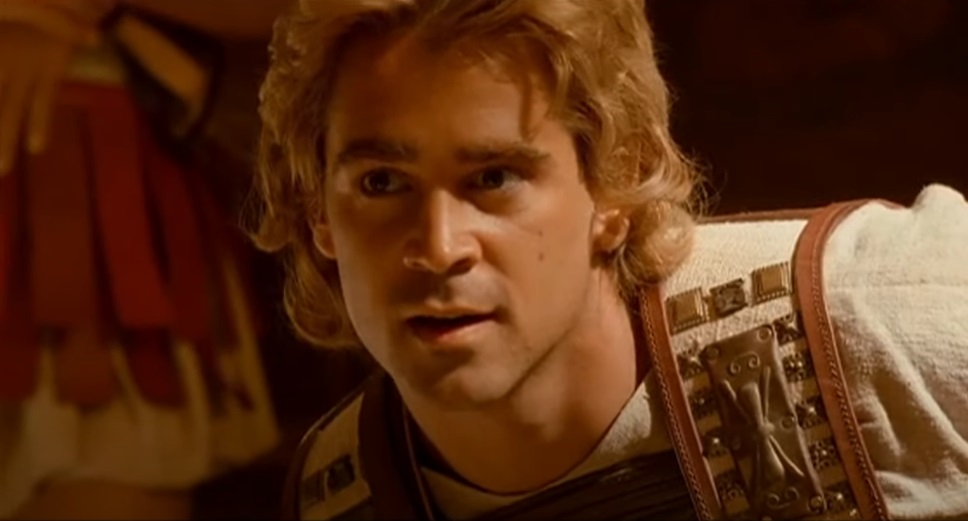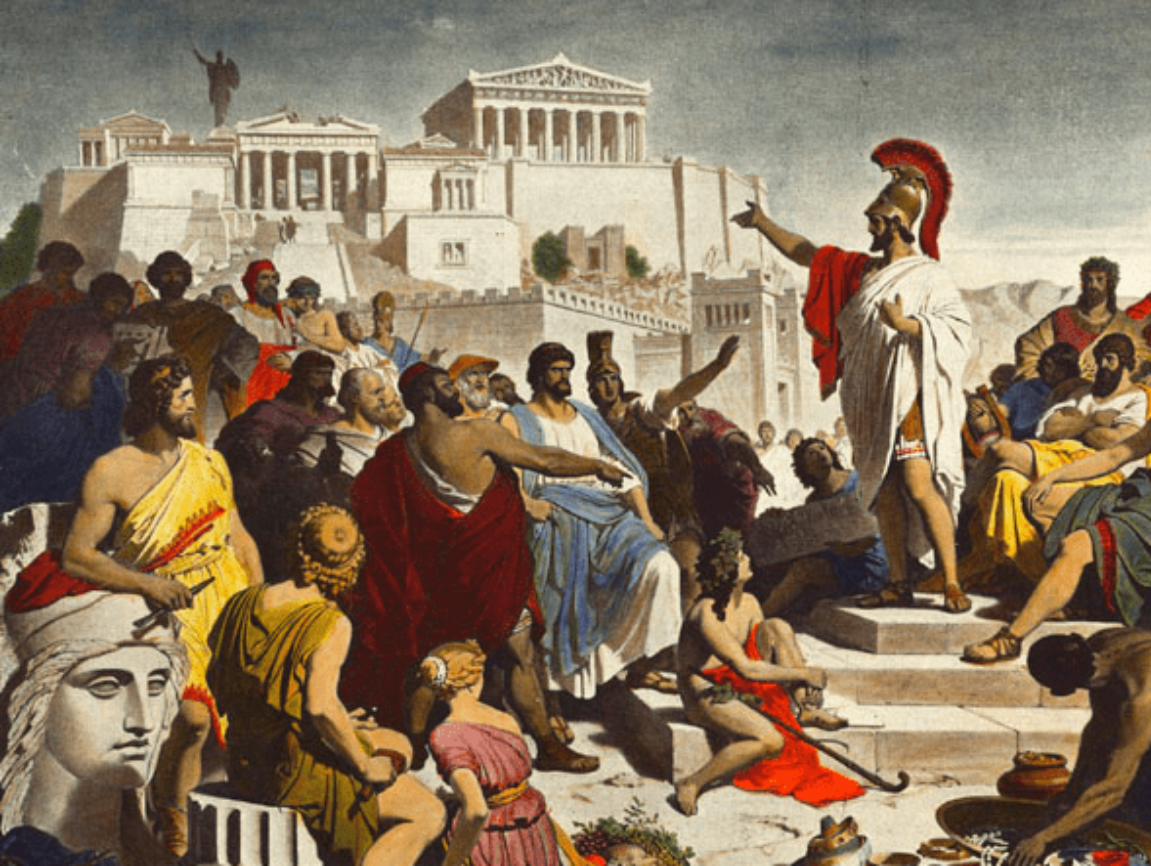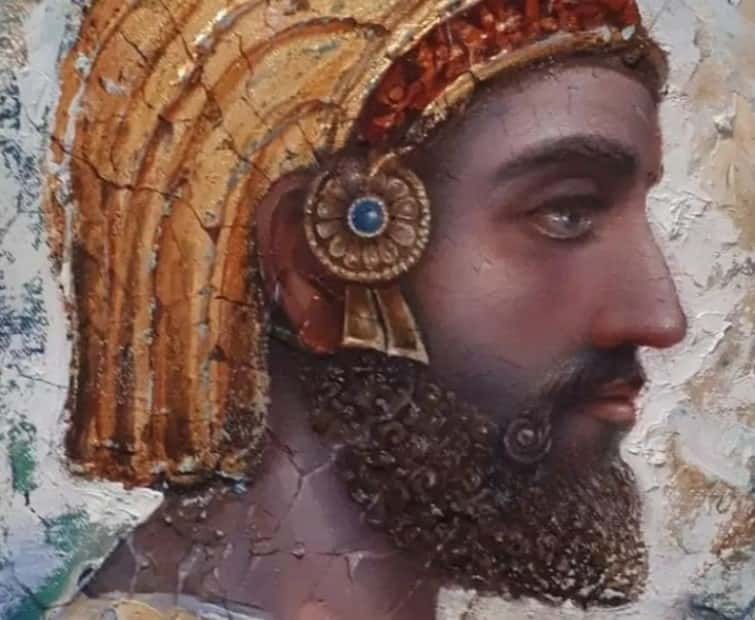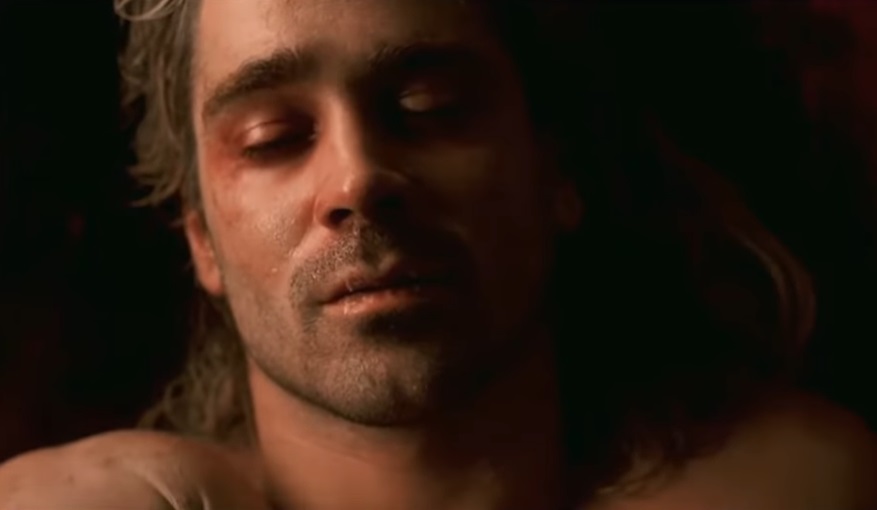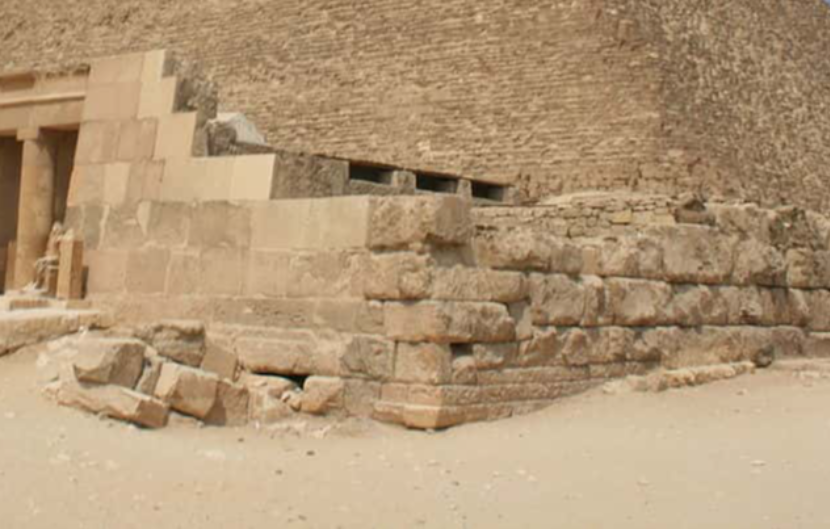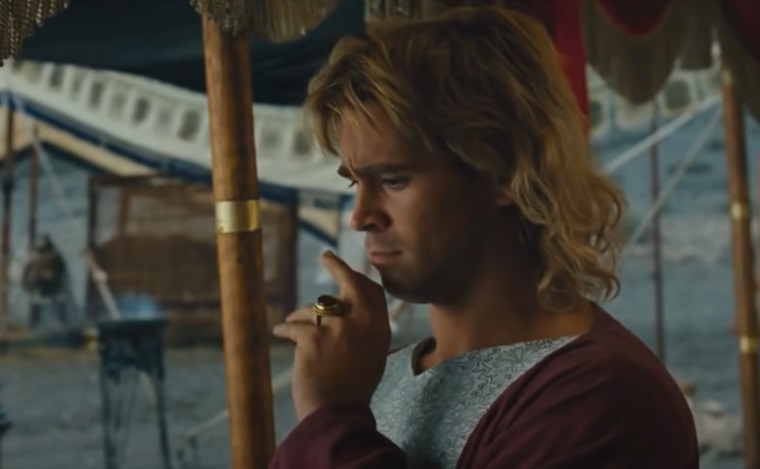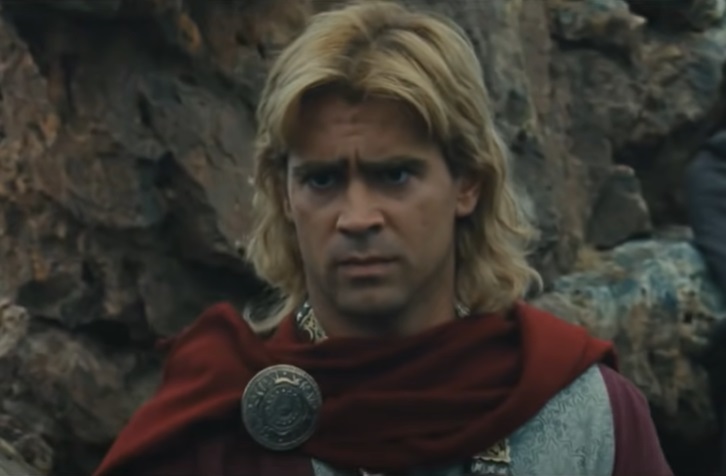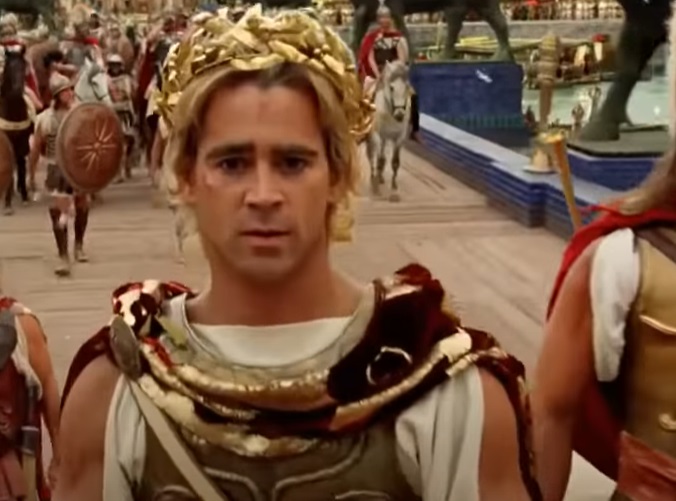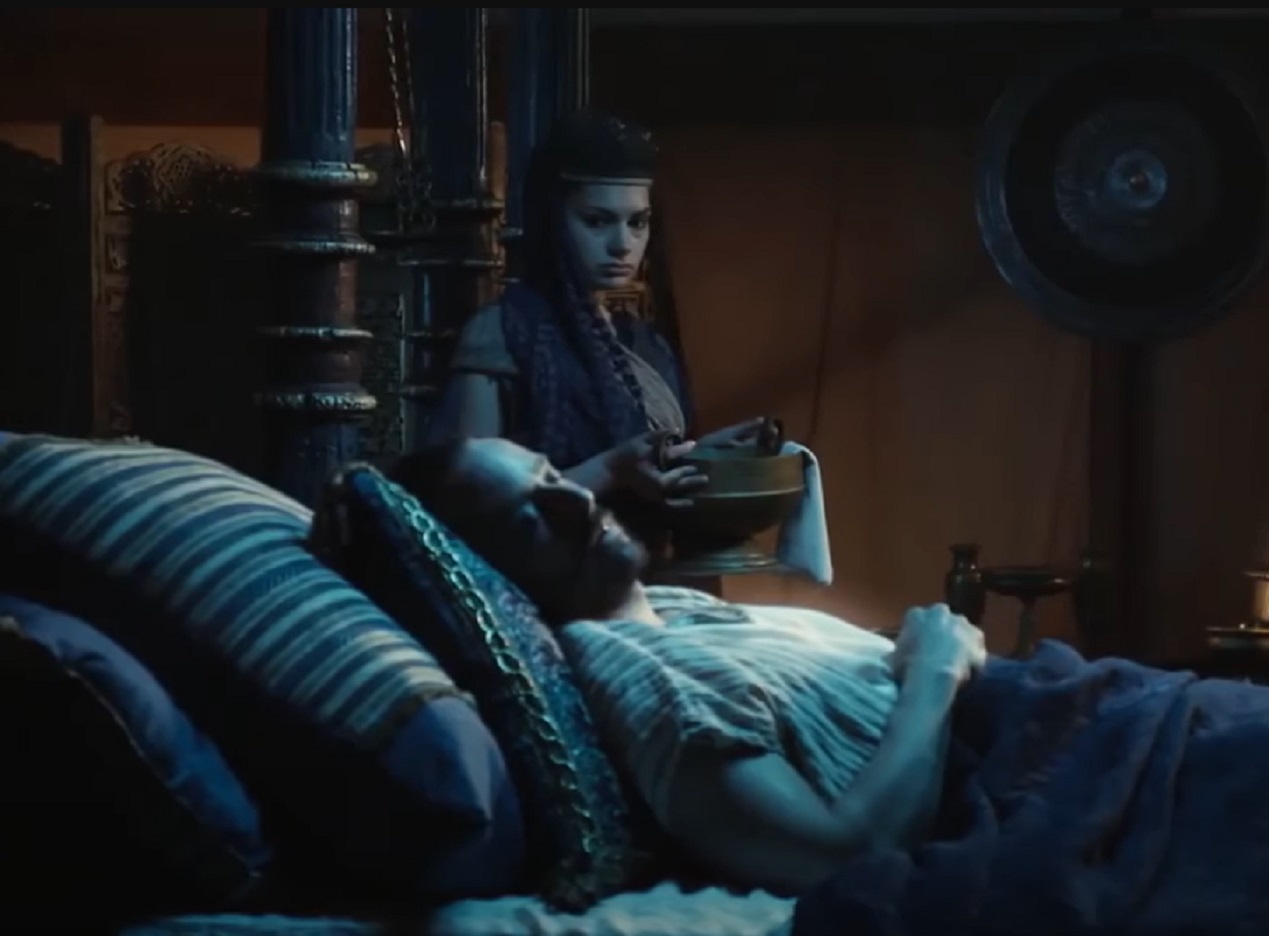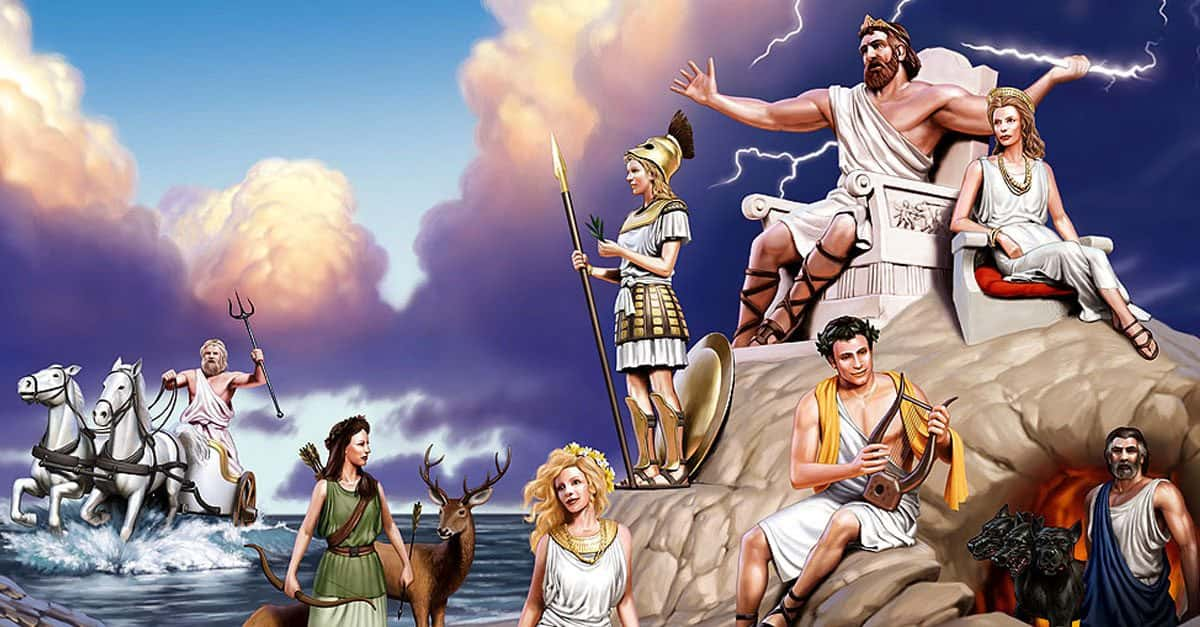The World Conqueror
Some people think the world revolves around them. If you’re Alexander the Great, you’d be right. Still renowned as the most successful general in history, Alexander literally changed the world, reshaping the lands he conquered in his image. But what kind of man does it take to do that? One of the most charismatic, brilliant, and obsessed men of all time.
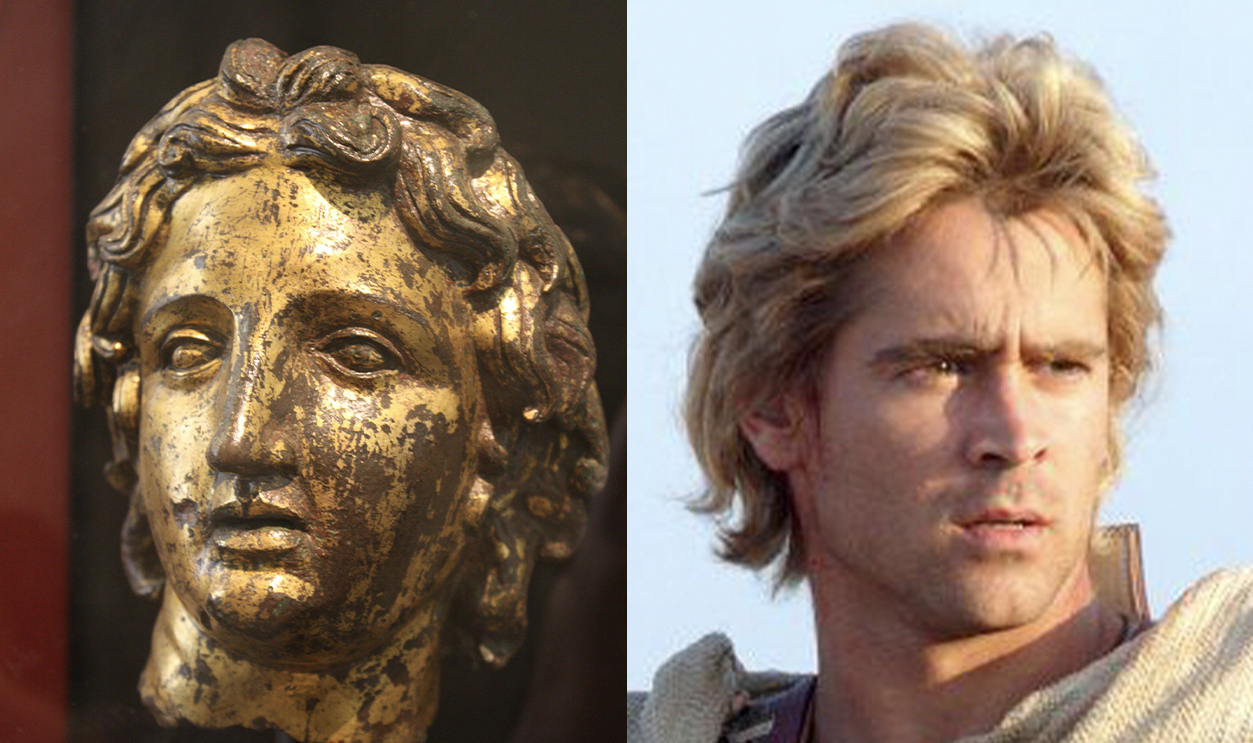
1. His Dad Was Scary
Alexander the Great’s father was King Philip of Macedon, a fierce warrior who looked every bit the part with his missing eye and wicked scar. His mother was Queen Olympias, one of many women married to Philip—but of those women, Olympias was definitely the most terrifying.
2. His Mom Was Scarier
So just how terrifying was Olympias? According to historical records, when Olympias outwitted and imprisoned Queen Eurydice II, she sent the defeated queen a rope, a cup of poison, and a sword, along with a chilling message: You may choose the tool with which you end yourself. Eurydice chose the rope, and hung herself with her own girdle.
Olympias was as ruthless as she was cunning, and it was those traits she passed on to her son, Alexander. Before long, people started to notice just how special they boy was.
3. He Showed Promise
When Alexander was about 12 years old, he saw his father’s men trying—and failing—to tame a massive horse. Philip had paid a small fortune for the animal, and Alexander, ever confidant in his abilities, offered to repay his father if he failed to mount the horse. It took a few tries, but Alexander was successful in the end. It's said that Philip proudly cried out, “My son, you must find a kingdom big enough for your ambitions. Macedon is too small for you". He was right about that.
None of them yet realized that the horse, Bucephalus, would carry Alexander across half the world.
 Alexander (2004), Warner Bros.
Alexander (2004), Warner Bros.
4. His Parents Were Worried
Alexander grew into a talented, intelligent, outgoing, and charismatic young man—but there was one thing about him that made his parents nervous. If he was going to be king one day, he was going to need lots of queens to make lots of babies.
In this regard, Philip and Olympias had their doubts…
5. They Paid For A Lay
If Alexander was going to be a King, then his parents wanted to make him a Man first. According to Greek historian Athenaeus, Philip and Olympias brought in an expensive courtesan from Thessaly to…put some hair on Alexander’s chest.
6. He Refused The Offer
Alexander the Great was not like other men—in many ways. Where most would have jumped at the offer to bed the beautiful courtesan, Alexander was uninterested and refused his parents' offer. This tale led many historians to think that Alexander had no interest in life's more carnal pleasures.
Some other historians, however, had another idea…
7. He Loved His Bros
Maybe it wasn’t that Alexander wasn’t interested in pleasure…maybe his parents just offered him the wrong kind of pleasure. From his youth through his campaigns, Alexander was accompanied by a group friends called the “Companions”. These men grew up with Alexander, trained with Alexander, and ended up ruling half the world after he was gone.
Alexander was incredibly close with all of these men, but one of them meant more to him than all the rest.
8. He Was A Powerful Friend
When the Companions first met Alexander, they couldn't have dreamed just how he'd take them. Ptolemy would go on to create a dynasty in Egypt that is still revered to this day, while Cassander would claim the throne of Macedonia after Alexander's death. Yet while they benefitted greatly from the proximity to the prince, there was one man that Alexander held in far closer esteem: Hephaestion.
But while some of the companions became kings, Hephaestion had a much darker fate awaiting him.
 Alexander (2004), Warner Bros.
Alexander (2004), Warner Bros.
9. He Learned From The Best
King Philip wanted to make sure his son got the best education possible, so why not hire one of the greatest geniuses in history? Philip sent Alexander and his friends to study under Aristotle, who taught them philosophy, medicine, religion, logic, statecraft, and more.
Everything you might need to know if you planned to rule the world.
10. They Were REALLY Close
Alexander's affection for Hephaestion was no secret to those around them. Even Aristotle commented on their closeness, saying they were like one soul living in two bodies. While the exact nature of their relationship is still unclear to this day, there's one thing we do know: Alexander the Great cared about Hephaestion more than anyone else.
Unfortunately, that would turn out to be his Achilles heel.
 Jean Leon Gerome Ferris, Wikimedia Commons
Jean Leon Gerome Ferris, Wikimedia Commons
11. His Tutor Had No Choice
Aristotle had the privilege of training a future god-king—but he only did it at the point of a sword. Throughout Alexander’s childhood, King Philip was busy conquering one Greek city after another, and he had already razed Aristotle’s hometown and sold its citizens into slavery.
Philip only got Aristotle to become Alexander’s tutor by agreeing to rebuild the city and to free its people. How's that for a signing bonus?
 Jean Leon Gerome Ferris, Wikimedia Commons
Jean Leon Gerome Ferris, Wikimedia Commons
12. He Loved Poetry
Aristotle taught Alexander a lot, but there was nothing the young prince loved more than epic poetry. Alexander became obsessed with the Iliad, so much so that he always had a copy of it on hand, everywhere he went. It's said that Alexander saw himself in the legendary Achilles. In that regard, he wasn’t far off.
13. He Was A Total Hunk
Alexander the Great was stocky, blonde, and according to many sources, unbearably handsome, with blonde curls falling to his shoulders. If he thought he was a god, he certainly looked the part. But Philip was right: Macedon was too small for him.
Luckily for Alexander, the entire world was right around the corner.
14. There Was An Enemy Next Door
Today, when many of us think of the ancient world, Greece and Iran seem like distant neighbors. But in Alexander's day, the two nations were actually right on each other's doorstep. The Persian Empire was, at that point in history, the largest empire the world had ever seen, and it stretched all the way from the Indus Valley in South Asia to to the Aegean Sea and the borders of Macedonia.
Everyone in Greece remembered the heroic stand of the 300 Spartans at Thermopylae, so any concerns Alexander may have had about a Persian invasion were well warranted.
15. He Rubbed Shoulders With The Enemy
Greeks and Persians weren’t so different, and several Persian nobles actually lived in exile in King Philip’s court. One of them was a general named Artabazos, and he brought along his daughter, the beautiful Barsine. These Persians exposed Alexander to their culture—but that’s not all they exposed him to.
16. He Had A Fling
Alexander's lack of lustful inclinations was a consistent theme throughout his young adulthood, but that doesn't mean that he completely ignored the pleasures of the flesh. Years after their first encounter, Alexander and Barsine met again—and sparks flew.
In 327 BC, Barsine gave birth to a boy, Heracles of Macedon. If ancient historians are to be believed, he was Alexander's illegitimate son.
17. He Was Liquidating Before He Could Vote
When Alexander hit 16, his education ended, and it was time to take up the sword. Macedon was growing incredibly powerful, but there were always other Greek city-states trying to revolt, invade, or generally make a nuisance of themselves.
Before voting age, Alexander had already fought and won several pitched battles, even once saving his father’s life. It was the best training possible for what lay ahead.
18. He Helped Conquer Greece
Aside from his own great feats, Alexander also witnessed some of more epic moments in Greek history. One of those moments was when he accompanied his father on a military campaign in southern Greece. There, Philip sent word to the Spartans, giving the one last chance to surrender: "If I invade your lands, you will be destroyed, never to rise again".
The Spartans gave a legendary one-word reply: "If". The story makes the Spartans look tough—but few people know what happened next.
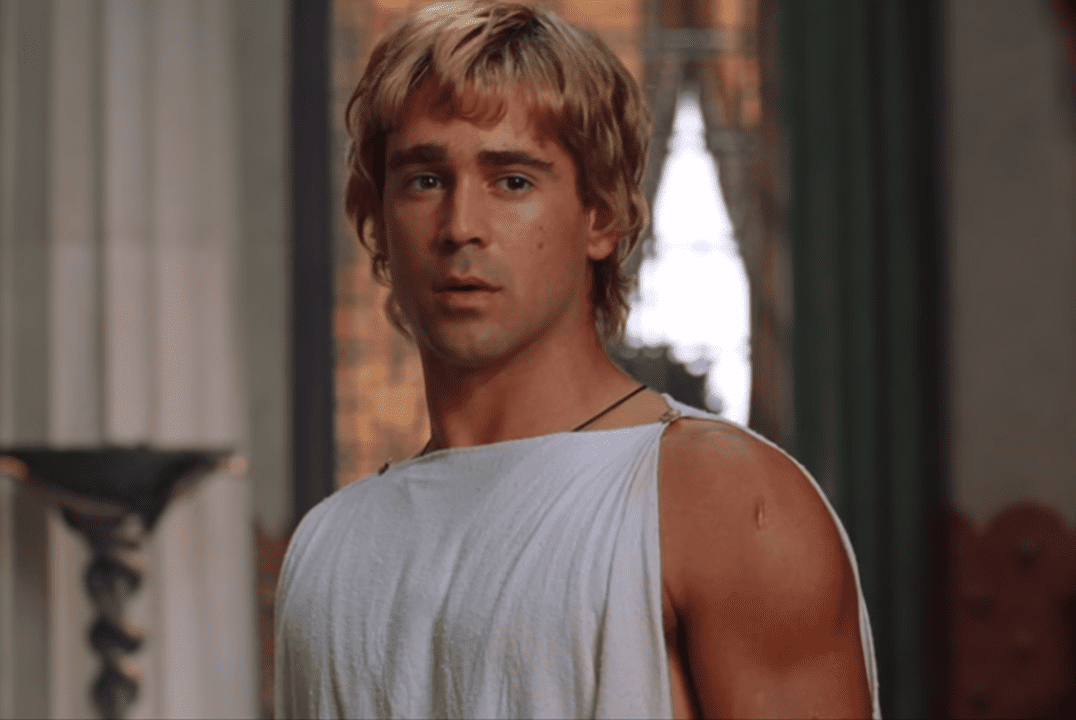 Alexander (2004), Warner Bros.
Alexander (2004), Warner Bros.
19. They Made The Spartans Look Like Fools
The Spartans talked a big game—but they had nothing on Philip and Alexander. Father and son waltzed their army into Sparta and carved it up for themselves, leaving the “legendary” Spartans with nothing. I wonder if they had any clever one-word responses to that.
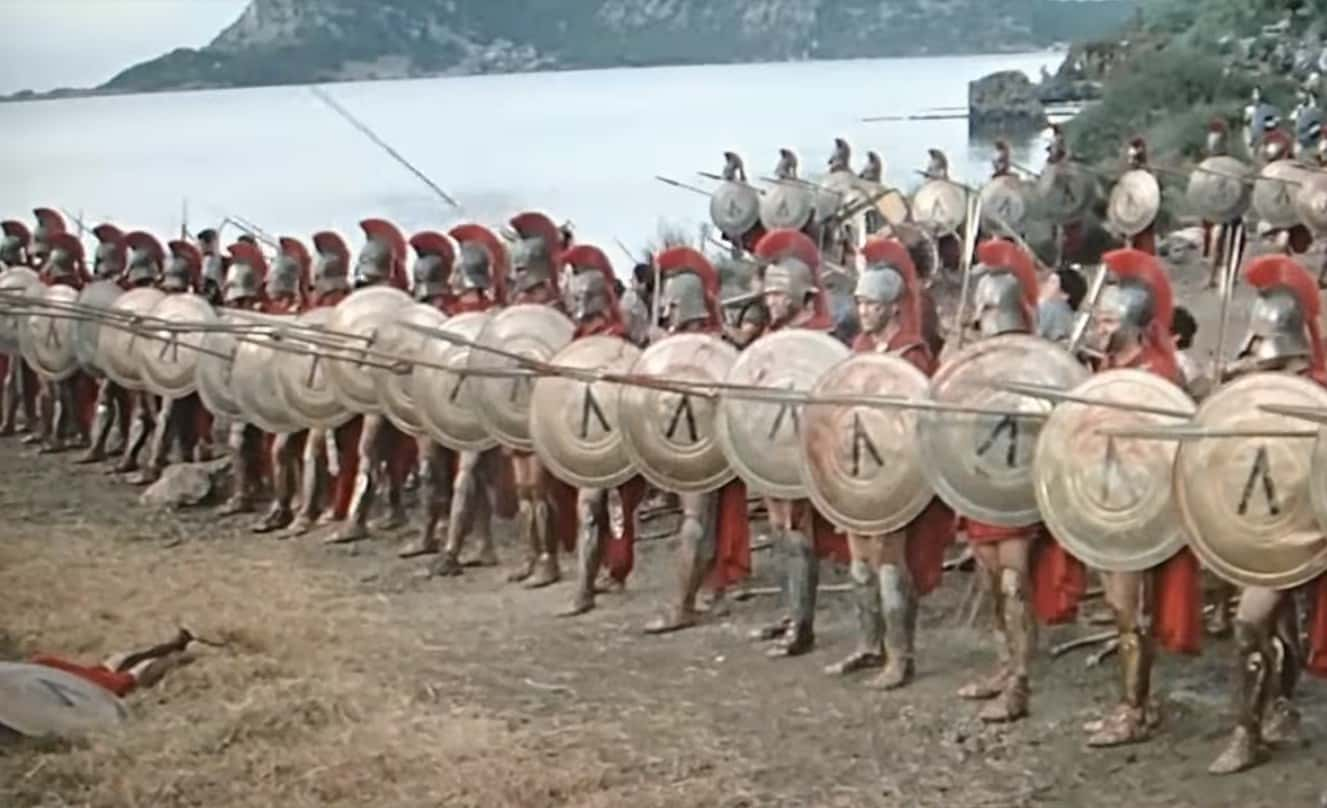 The 300 Spartans, 1962, 20th Century Studios
The 300 Spartans, 1962, 20th Century Studios
20. His Dad Found A New Woman
Born the son of the most powerful man in Greece, Alexander seemed destined for greatness from the start—but in the game of thrones, the odds change quickly. Alexander's odds of claiming the throne of Macedonia hung in the balance when Philip fell for a new woman, Cleopatra Eurydice. In 338 BC, the king married his new flame.
For both Alexander and his mother, that sent alarm bells ringing.
21. He Worried He Wasn’t Enough
Queen Olympias was from Molossia, which meant Alexander was only a half-blooded Macedonian. If Philip had a son with Cleopatra, that boy would be full Macedonian. Power-hungry as they were, this did not sit well with Olympias and her son—then, at Philip’s wedding, it seemed their worst fears were coming true.
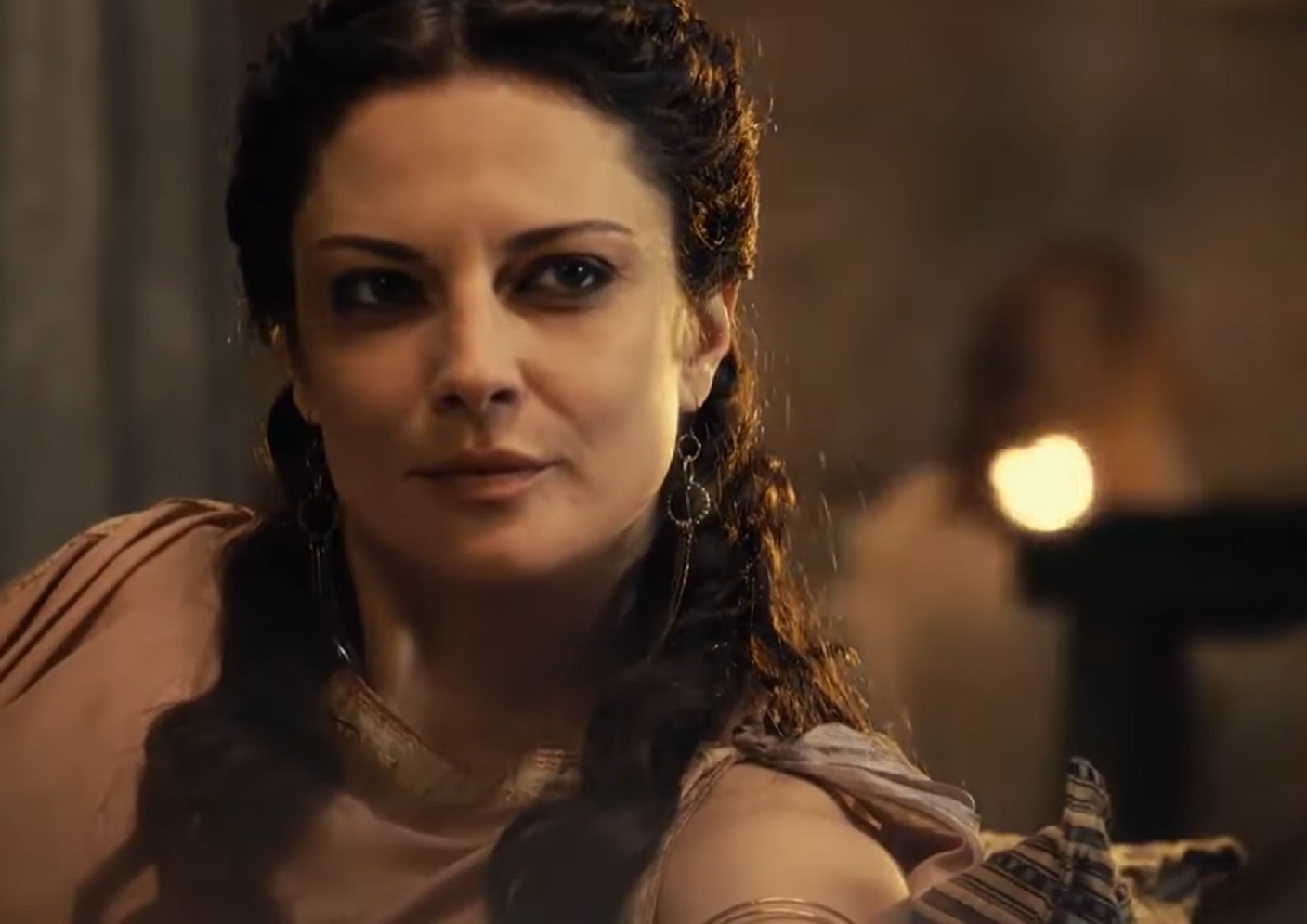 Gruppe 5, Alexander the Great (2014)
Gruppe 5, Alexander the Great (2014)
22. They Voiced His Fears Aloud
Cleopatra Eurydice was the niece of Attalus, a high-ranking Macedonian soldier and one of Philip's close friends. As the story goes, Attalus got a little too deep in his cups at Cleopatra's wedding an lost any inhibition he had about mincing his words. In front of all the guests, he prayed that his niece would give the king a son, so a true Macedonian would inherit the throne.
Unsurprisingly, Alexander didn't take kindly to those words.
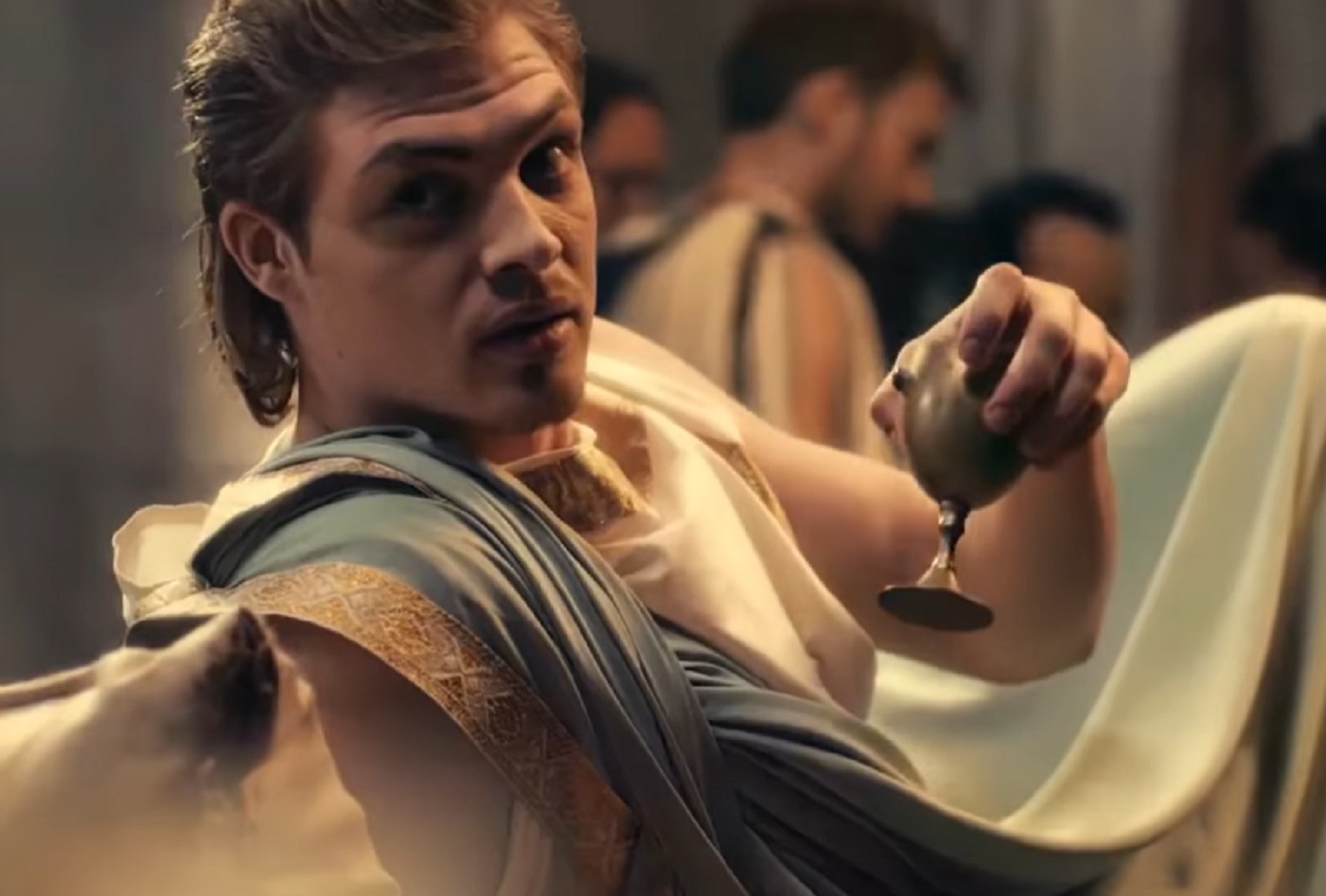 Gruppe 5, Alexander the Great (2014)
Gruppe 5, Alexander the Great (2014)
23. His Father Nearly Ended Him
Alexander stood up and threw his cup at Attalus’s head. It was almost the last thing he ever did. His father Philip stood by Attalus, and drew his sword to run his own son through. But remember how Attalus had been drinking? Well, Philip was right there with him, and he slipped and fell before landing the fatal strike.
But one thing was clear: All was not well in Macedonia.
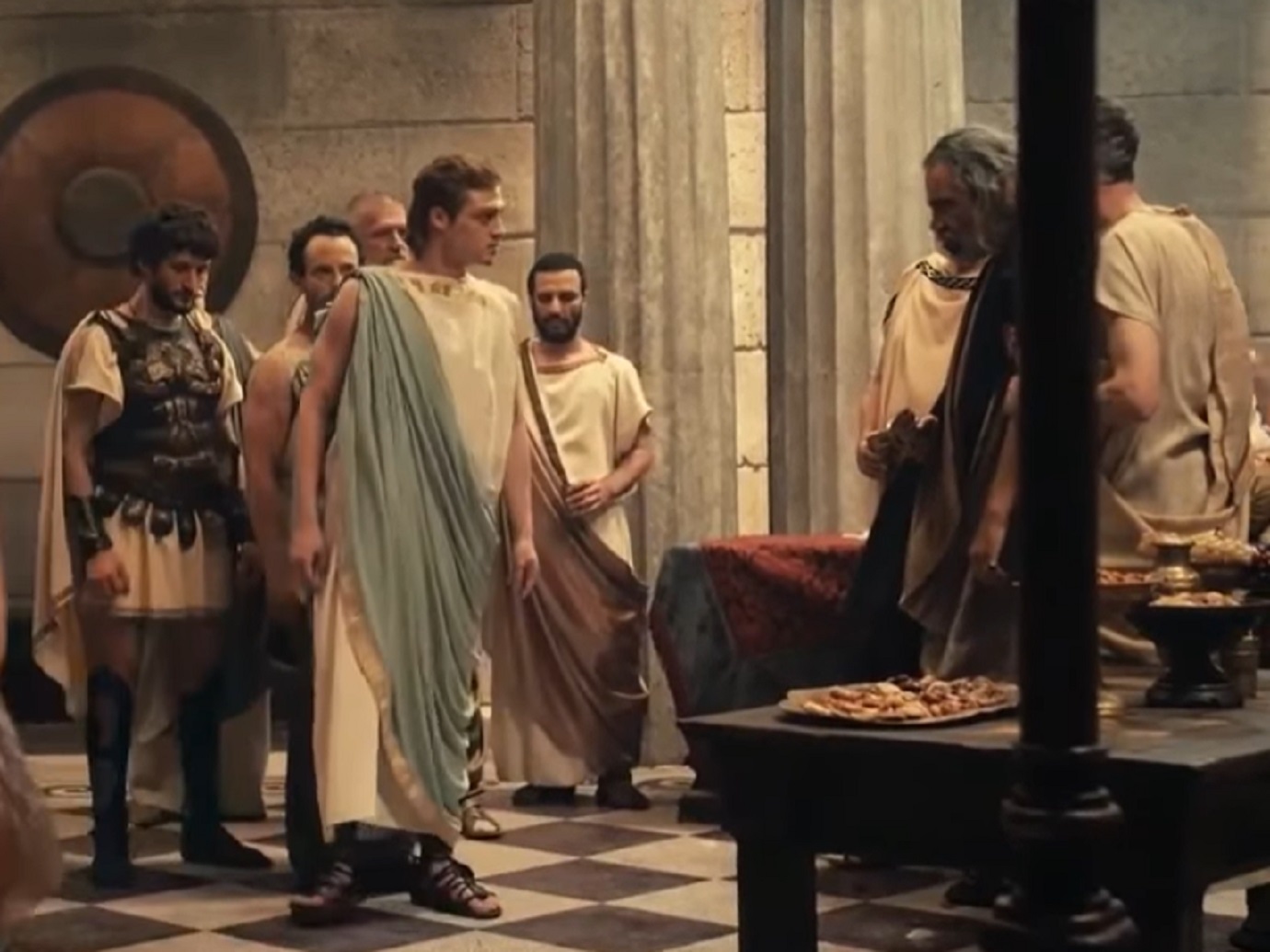 Gruppe 5, Alexander the Great (2014)
Gruppe 5, Alexander the Great (2014)
24. He Ran For His Life
Macedonian politics were a lot more "exciting" than today's political landscape, and Alexander knew when he was in grave danger. He fled north with his mother, where the two found refuge with an Illyrian king. Finally, safe, he could think about what to do next.
But back in Macedonia, things were only getting worse.
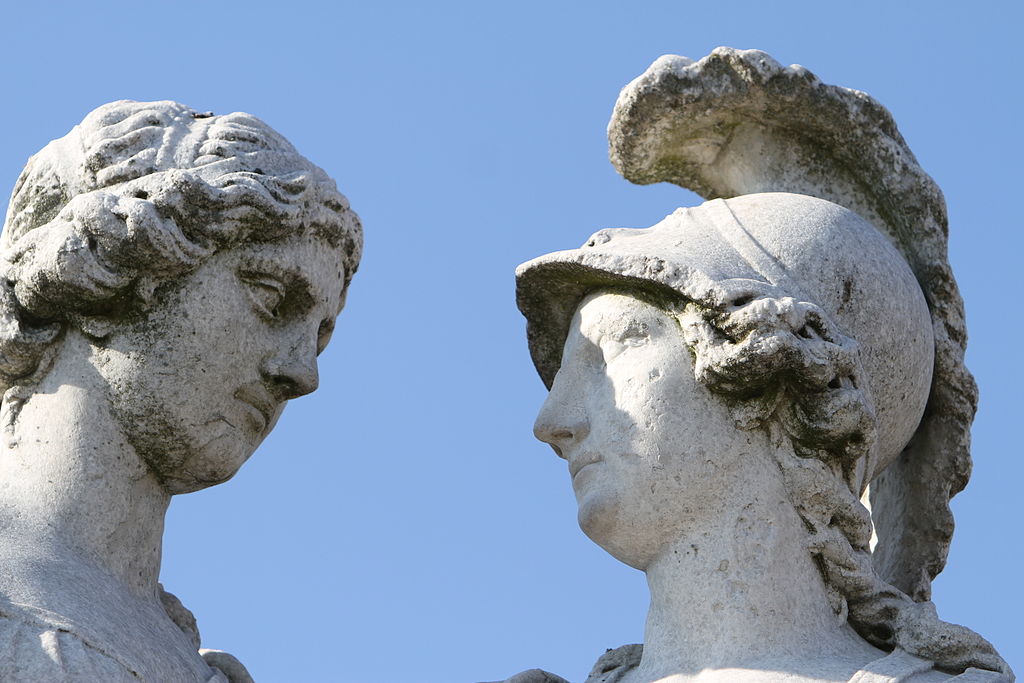 PictureObelix, CC BY-SA 3.0 AT, Wikimedia Commons
PictureObelix, CC BY-SA 3.0 AT, Wikimedia Commons
25. He Thought He Was Finished
Alexander still got the news in exile, and that’s how he heard that one of his half-brothers, Philip Arrhidaeus, was going to get married to a Persian princess. This sent a chill down his spine: Was this an indication that King Philip meant to make Alexander’s brother his heir?
Alexander hatched a new plot to fortify his position—but he didn’t really understand what was happening.
 Gruppe 5, Alexander the Great (2014)
Gruppe 5, Alexander the Great (2014)
26. He Didn’t Have To Be Worried
Philip was no fool.
Alexander had already proven himself to be an extraordinary person, so it only made sense that he should be the one to inherit Philip's kingdom. When Philip heard about his sons paranoid schemes, he sent his men to find Alexander and bring him home. When he explained that he wanted Alexander to have a better bride than a Persian princess, the two made peace.
Just in time, too—because Philip’s number was up.
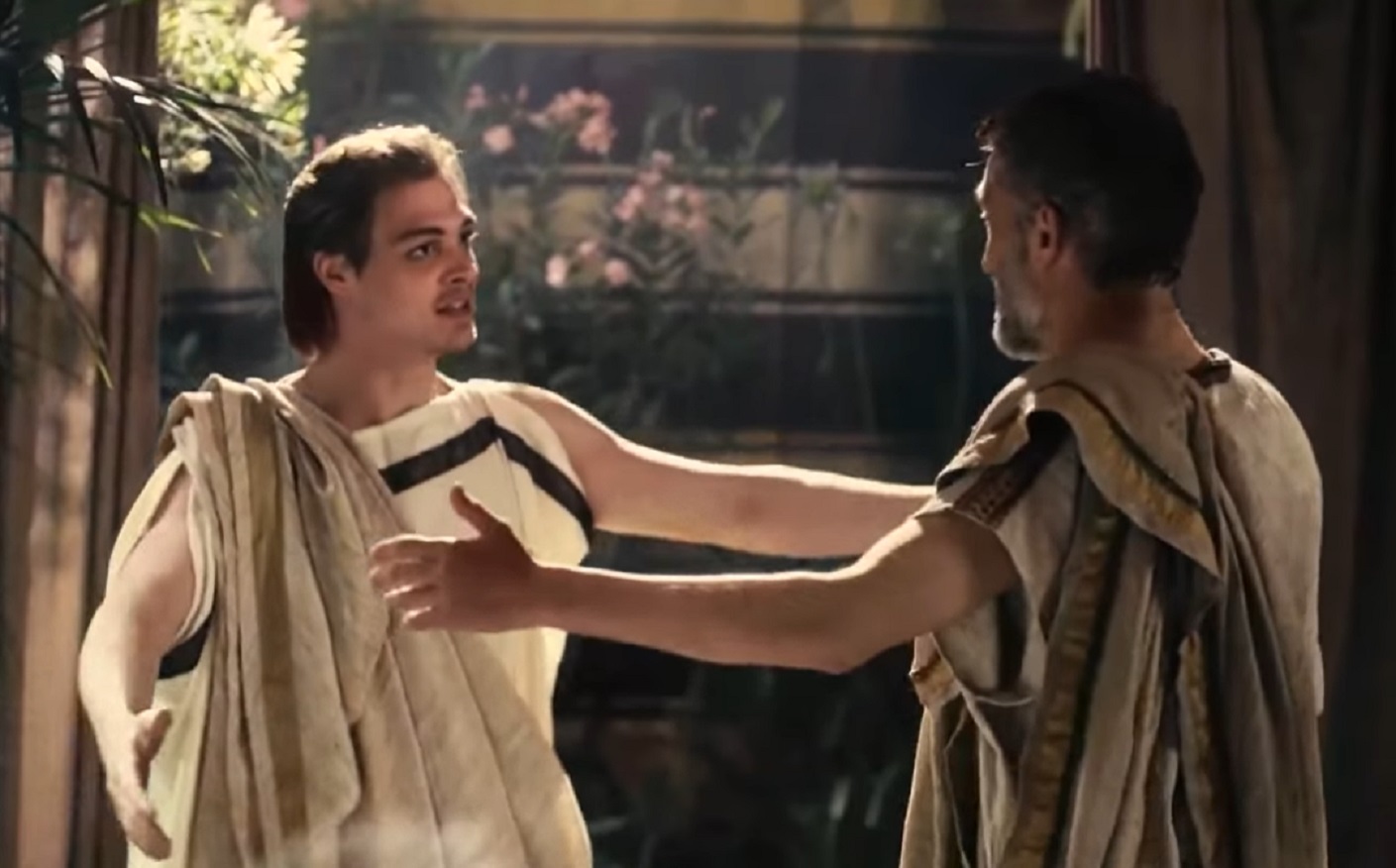 Gruppe 5, Alexander the Great (2014)
Gruppe 5, Alexander the Great (2014)
27. His Dad Met A Brutal End
King Philip was a fearsome general who, for the first time in history, brought all of Greece under one command. Then one day in 336 BC, while attending a wedding, one of his own bodyguards, Pausanias, stabbed him in the back.
Just like that, Philip's kingdom belonged to Alexander. It was a lot of responsibility, but Alexander hit the ground running.
 Alexander (2004), Warner Bros.
Alexander (2004), Warner Bros.
28. He Didn’t Waste Any Time
The cutthroat world of Macedonian politics taught Alexander well: Before Philip’s body was cold, Alexander got down to the dirty business of eliminating any potential rivals to his throne. One of his cousins and a few other Macedonian princes were the first to go.
It was ruthless necessity—but what his mother did was just downright sadistic.
29. His Mom Went Too Far
Remember Cleopatra Eurydice, Philip’s Macedonian wife? Olympias certainly never forgot about her. When Alexander took over, Olympias had both Cleopatra and her daughter by Philip burned alive.
This was too far even for Alexander, and he was furious when he found out. But he didn’t have time to scold his mother—half of Greece was in revolt, and the young king had his work cut out for him.
 Alexander (2004), Warner Bros.
Alexander (2004), Warner Bros.
30. He Had To Prove Himself
Since he was a new ruler in a dangerous position of losing control of his people, Alexander's advisors recommended that he settle the rebellions in the south with diplomacy. Alexander did just the opposite. He rounded up a cavalry force of 3,000 men and rode down to the southern city-states, to deal with them personally.
 Alexander the Great (1956), United Artists
Alexander the Great (1956), United Artists
31. He Met A Cynic
On his march through Greece, Alexander only met a single person who could stand up to him: The deranged philosopher, Diogenes. Everyone in Greece knew who Alexander was by that point, but when Diogenes saw him, unlike everyone else in the world, he wasn’t impressed.
32. He Was Impressed
Diogenes was no stranger to controversy throughout his life, but Alexander was thrilled to meet the philosopher. As the story goes, when he came across Diogenes, Alexander asked if there was anything he could do for the man. Diogenes' request was simple: "Yes, stop blocking my sunlight".
Alexander was amused by this and replied, "If I weren’t Alexander, I’d like to be Diogenes”.
33. He Unified Greece
It didn’t take long for the Greek city-states to realize that Alexander was every bit the man his father was. In case they weren’t sure, he razed the city of Thebes when they revolted, and that proved it. By 334 BC, Alexander had an army of Greeks behind him, and he started preparing to do what his father had dreamed of.
The Greeks were going to conquer the world.
 Alexander (2004), Warner Bros.
Alexander (2004), Warner Bros.
34. He Entered Asia
When Alexander the Great crossed the Hellespont into Asia, he took a formidable army of 8,100 infantry, 6,100 cavalry, and a fleet of 120 ships carrying another 38,000 men with him. But that mighty force was nothing compared to the might of the Persian Empire. Spanning thousands of miles, the empire literally had millions of soldiers to spare.
But Alexander had a secret weapon: Himself.
35. All He Did Was Win
Alexander the Great was maybe the greatest combat strategist in history. He first met the Persians on the field in Northern Turkey at the Battle of the Granicus—and he wiped the floor with them. He continued on his warpath, conquering the cities along the western coast of Turkey, before turning inland, where far more legendary exploits awaited him.
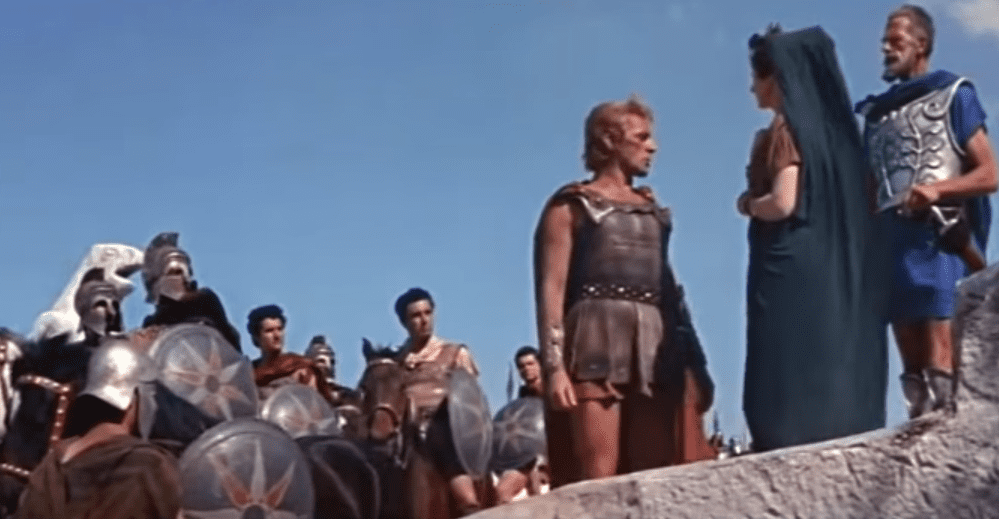 Alexander the Great 1956, United Artists
Alexander the Great 1956, United Artists
36. He Cheated
When Alexander reached Gordium, he was told about a local legend. The city was home to the famous Gordian Knot, which, according to the legends, could only be undone by the future King of Asia. Upon hearing that, Alexander knew he had to be the one to solve riddle...so he drew his sword cut the know to pieces.
Some may have thought that cheating, but considering what happened next, the fates had no problem with Alexanders mastery of the unsolvable puzzle.
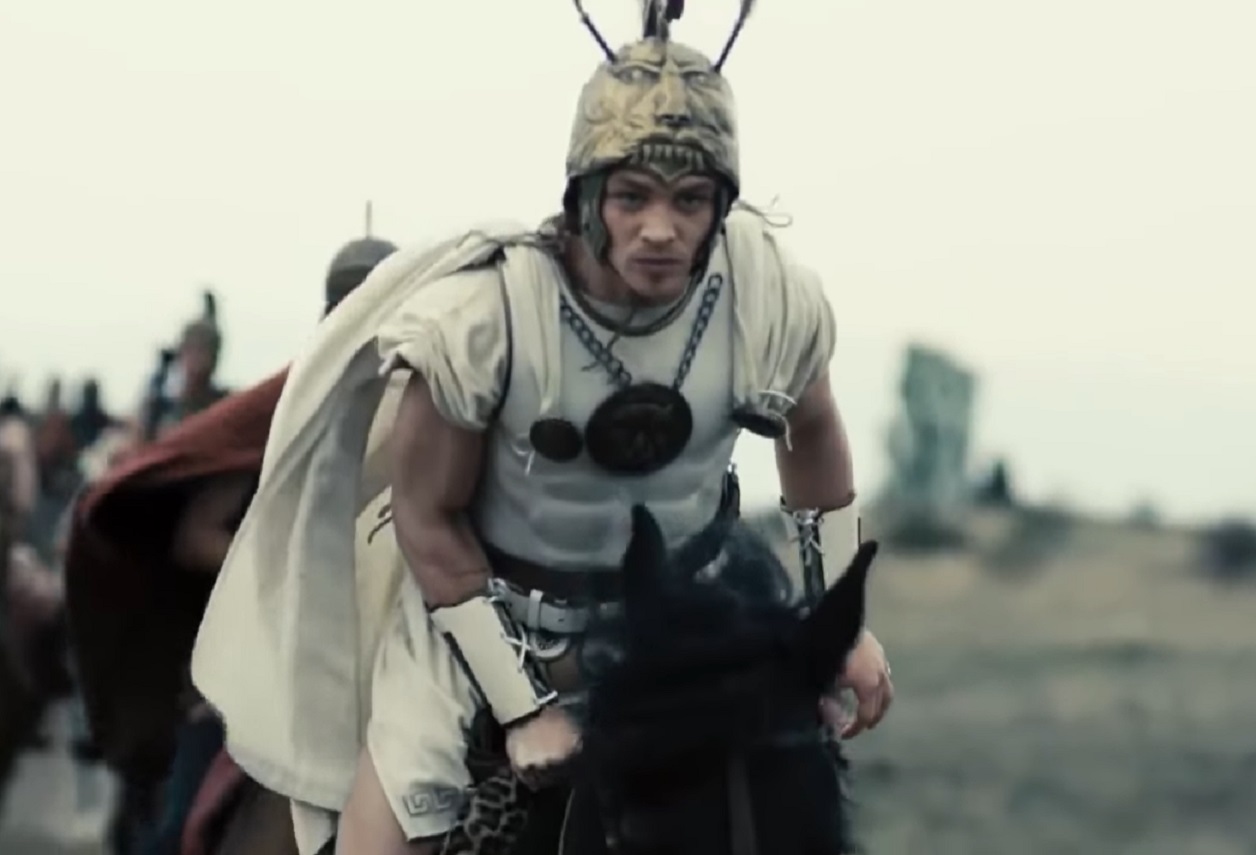 Gruppe 5, Alexander the Great (2014)
Gruppe 5, Alexander the Great (2014)
37. He Pushed Himself Too Hard
Alexander was a young man fresh on the campaign, but he always pushed himself too hard. Before even reaching Syria, his hard-fighting/hard-partying ways (the Macedonians loved their grape beverage after a long day) left him trapped in a sickbed, unable to press on. He'd barely started, and already he needed a long pause to recover his strength. But it was going to take more than that to stop Alexander the Great.
What lay behind him was only the tip of the iceberg. Alexander wanted to conquer the entire Persian empire—and that meant defeating the King of Kings Darius III, who lay just ahead.
38. He Had To Face The King Of Kings
Darius was by far Alexander’s greatest challenge yet. Darius had the entire might of the Persian Empire behind him, and when the two rulers met at Issus, the Macedonians were vastly outnumbered. Yet some believe that history is shaped by great men, and if that's the case, then the outcome of the battle was already set.
Alexander was great. Darius was not.
 Gruppe 5, Alexander the Great (2014)
Gruppe 5, Alexander the Great (2014)
39. He Made His Rival Turn And Run
Despite his numerical advantage, Darius blinked first at the Battle of Issus. As soon as he thought the fight was turning against him, the Persian king turned tail and ran, leaving his wife, daughters, mother, and treasure behind.
Just like that, Alexander was the King of Persia. He set out what he'd accomplished to do. But this wasn’t the end of his journey. He had barely just gotten started.
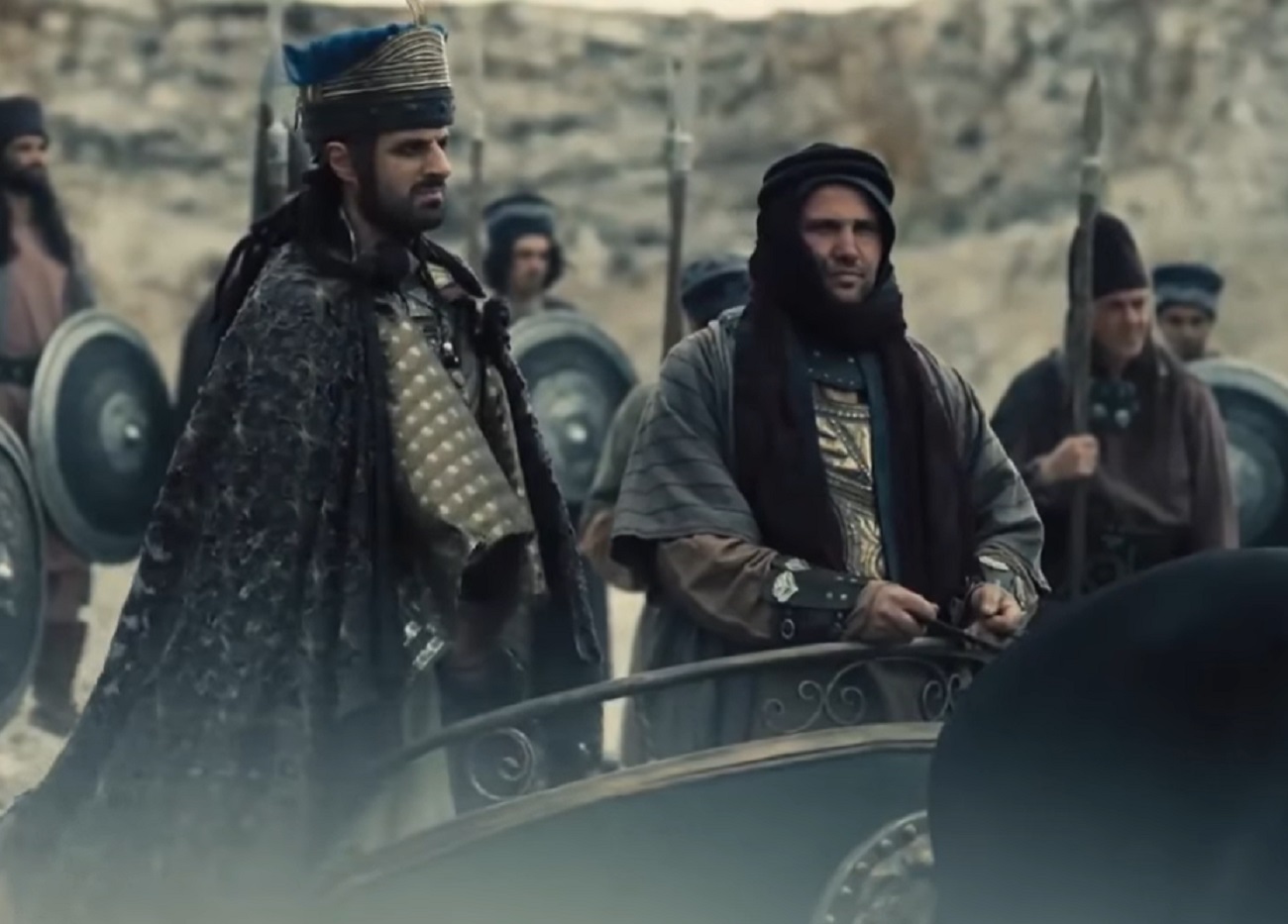 Gruppe 5, Alexander the Great (2014)
Gruppe 5, Alexander the Great (2014)
40. He Became A Pharaoh
Darius was still alive, but Alexander could deal with him later. After Issus, he went on the warpath. He conquered Syria and most of the Levant, razing cities, slaughtering men, and selling women and children into slavery. Next, he continued on into Egypt, where he took the mantle of Pharaoh and founded the city of Alexandria on the Mediterranean coast.
Alexander was only 25, and he had already accomplished more than maybe any general in history. But he still wanted more.
41. He Kept Winning
Once he'd taken Egypt, Alexander set his eye on the heart of the Persian Empire: Babylon. As he advanced on the city, Darius cut him off and the two forces clashed in the ensuing Battle of Gaugamela. Once again, Alexander defeated the Persians and Darius fled, leaving the Macedonian king free to conquer great Persian cities like Babylon, Susa, and Persepolis.
But with Darius still breathing, Alexander couldn't rest easy. Well, about that "still breathing" part...
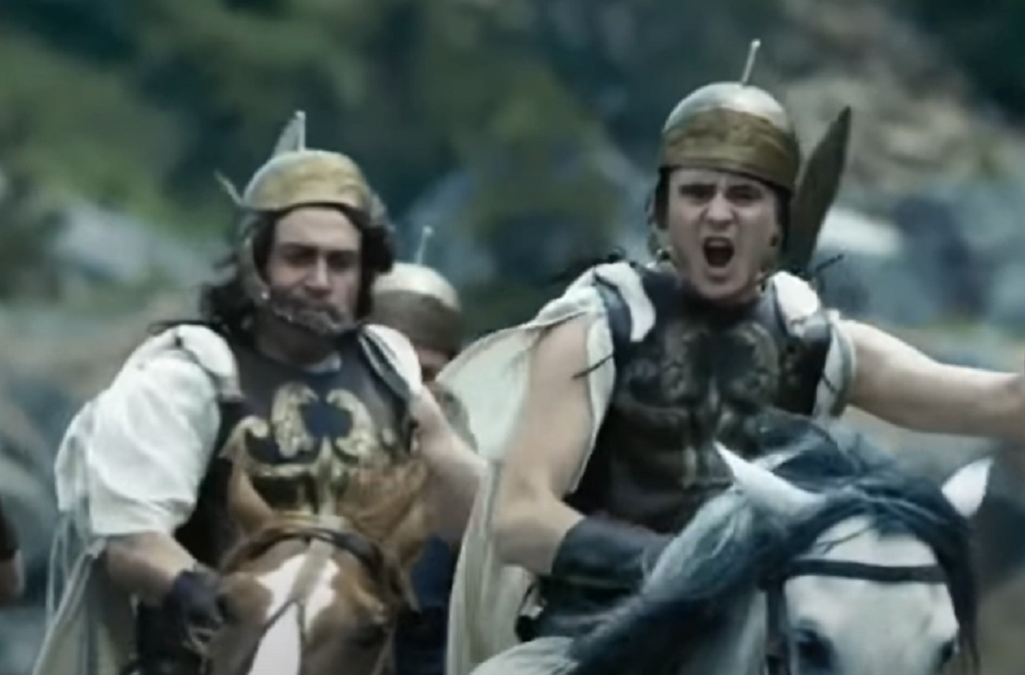 Gruppe 5, Alexander the Great (2014)
Gruppe 5, Alexander the Great (2014)
42. He Had A New Foe To Chase
While Alexander had hoped to personally defeat Darius, he never got the chance. Darius found refuge with one his relatives, Bessus—which proved to be a fatal mistake. Bessus had Darius slain and then declared himself to be the King of Persia.
But there was no rest for the new Persian king, and he fled north into modern-day Afghanistan with Alexander hot on his heels.
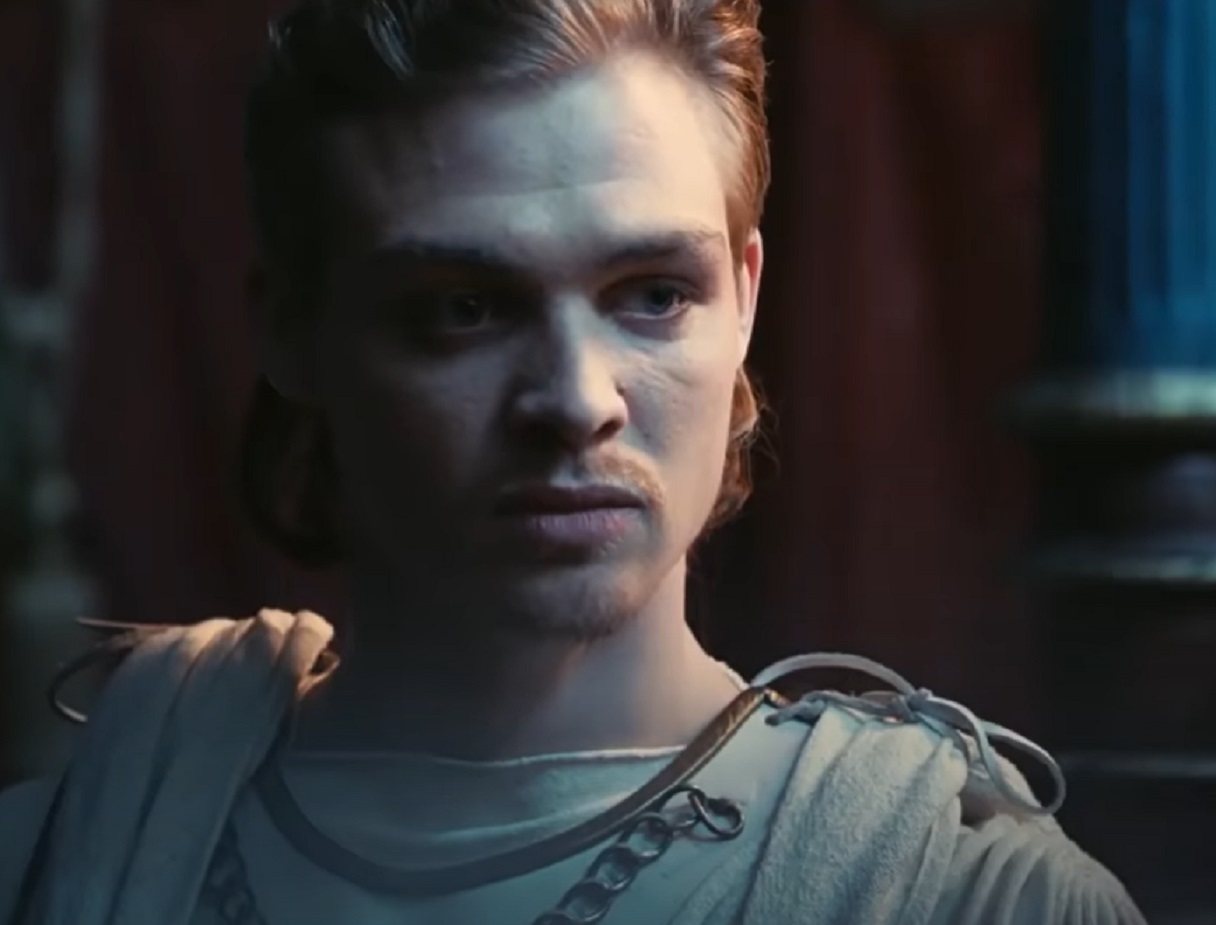 Gruppe 5, Alexander the Great (2014)
Gruppe 5, Alexander the Great (2014)
43. He Buried Darius
Before chasing Bessus north into Bactria (modern-day Afghanistan), Alexander gave Darius a funeral. And wouldn’t you know it, Alexander claimed that with his dying breath, Darius had named him the successor to the Persian throne. Now, he just needed Bessus’s head…
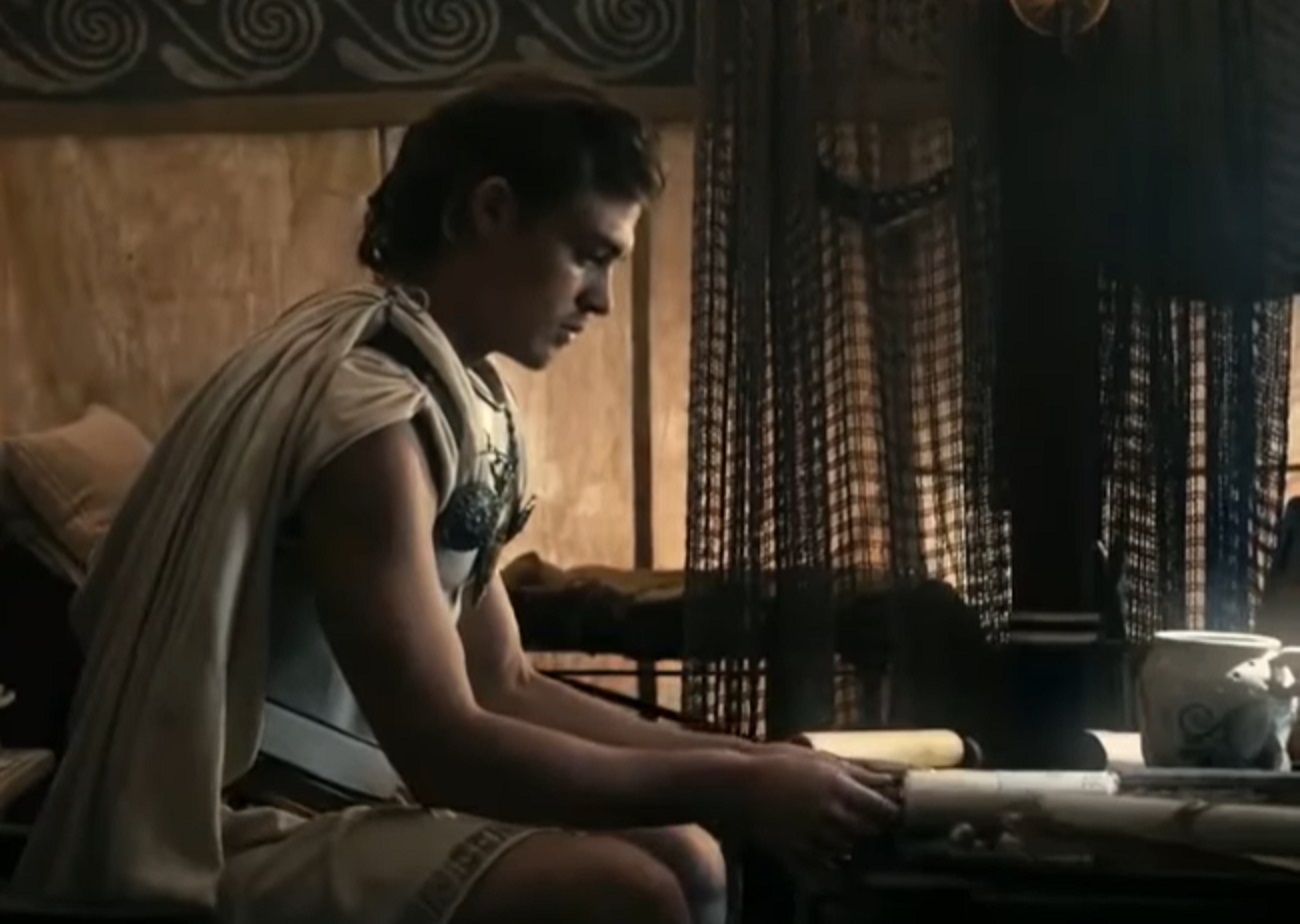 Gruppe 5, Alexander the Great (2014)
Gruppe 5, Alexander the Great (2014)
44. He Fought An Afghan Conflict
The United States, Russia, and the British Empire all endured long, ineffective, and ultimately fruitless campaigns in the mountains of Afghanistan—and all of them followed in Alexander’s footsteps.
The Macedonian army chased Bessus through half of Central Asia, losing thousands of men in the process, but in the end, Alexander never caught his prey. A betrayal from within did that job for him.
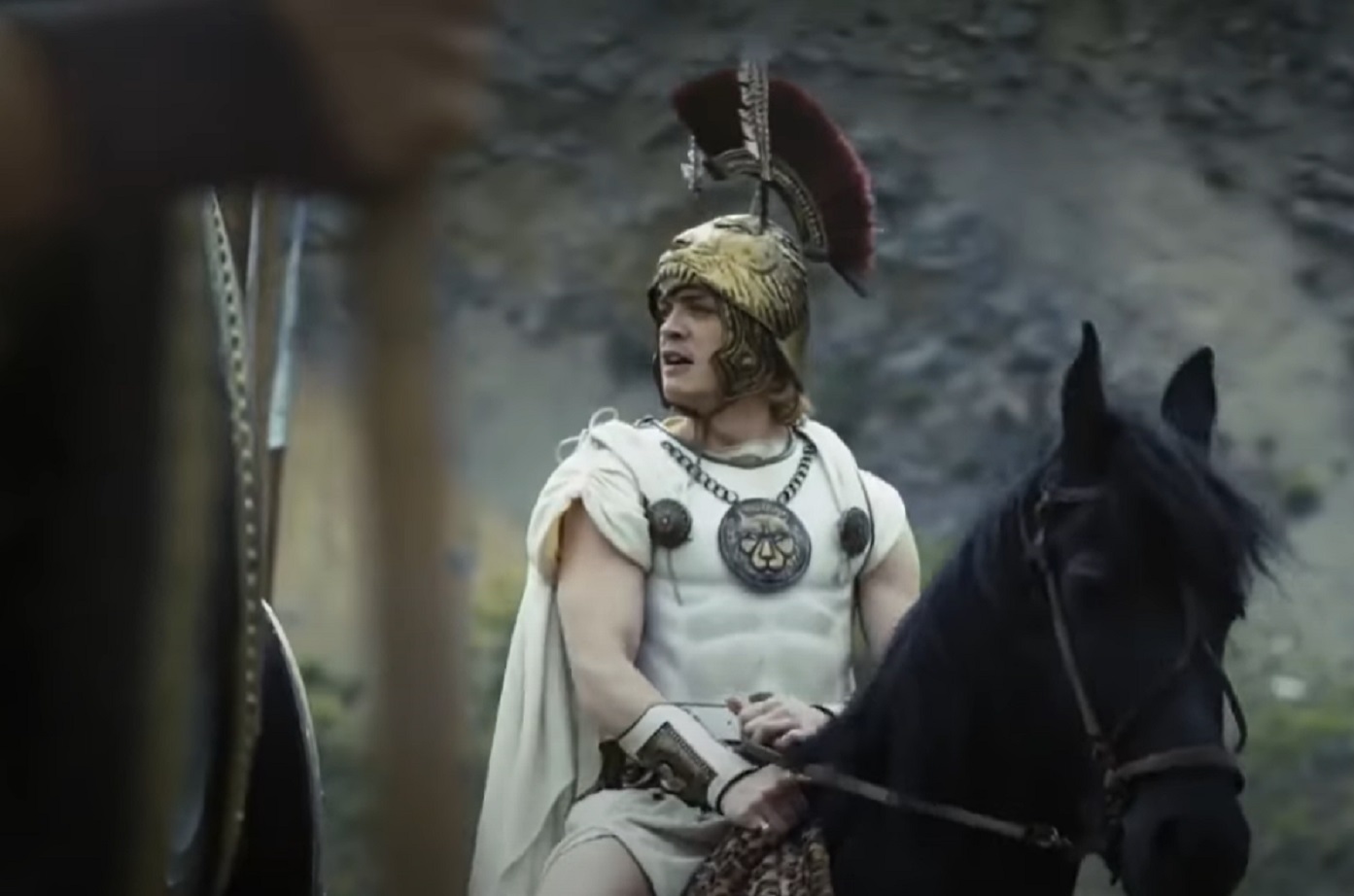 Gruppe 5, Alexander the Great (2014)
Gruppe 5, Alexander the Great (2014)
45. His Enemies Kept Turning On Each Other
Who knows how long Bessus could have evaded Alexander in Afghanistan, but his flight ended when one of his allies, a Sogdian noble named Spitamenes, betrayed him. He gave Bessus to Alexander’s general, Ptolemy, who quickly executed him.
If Spitamenes had known what was good for him, he would have stopped there. He did not know what was good for him.
 Gruppe 5, Alexander the Great (2014)
Gruppe 5, Alexander the Great (2014)
46. They Finally Gave Up
It seems Spitamenes learned nothing from Darius and Bessus' defeats, and was foolish enough to think that he would be the one to finally take down Alexander. He was not. After Alexander defeated him at the Battle of Gabai, Spitamenes’s own men executed him and then sued for peace. Finally, someone did something smart for a change!
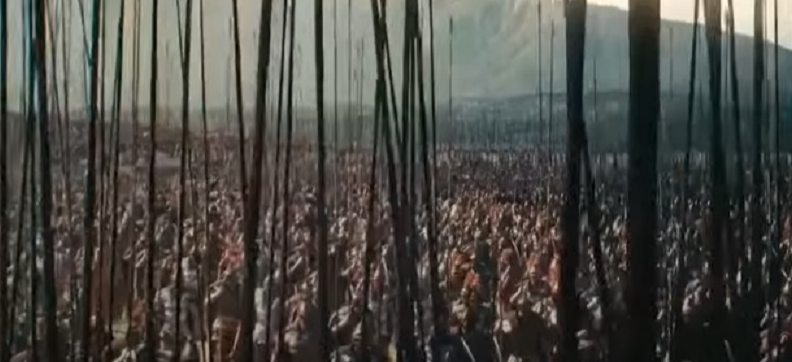 Gruppe 5, Alexander the Great (2014)
Gruppe 5, Alexander the Great (2014)
47. He Took A Pause
After Spitamenes’s defeat, Alexander, for once in his life, took a breather. He and his Macedonian generals attended a celebration at the Sogdian Rock, a fortress in the mountains of Tajikistan. At that feast, Alexander did something that was very unlike him: He fell in love.
 Gruppe 5, Alexander the Great (2014)
Gruppe 5, Alexander the Great (2014)
48. He Married A Great Beauty
Her name was Roxana, and she was the daughter of a Sogdian noble. It's said that for Alexander, it was love at first sight. He married her without delay—but this was a dangerous move. By this time, the Macedonian had been away from home for several years and to many, it seemed like their king was becoming a little too...Persian for their liking.
Their doubts were only made worse when Alexander took a foreigner for a wife instead of a good Macedonian woman. But where one foreign wife was concerning, three must have made them absolutely furious.
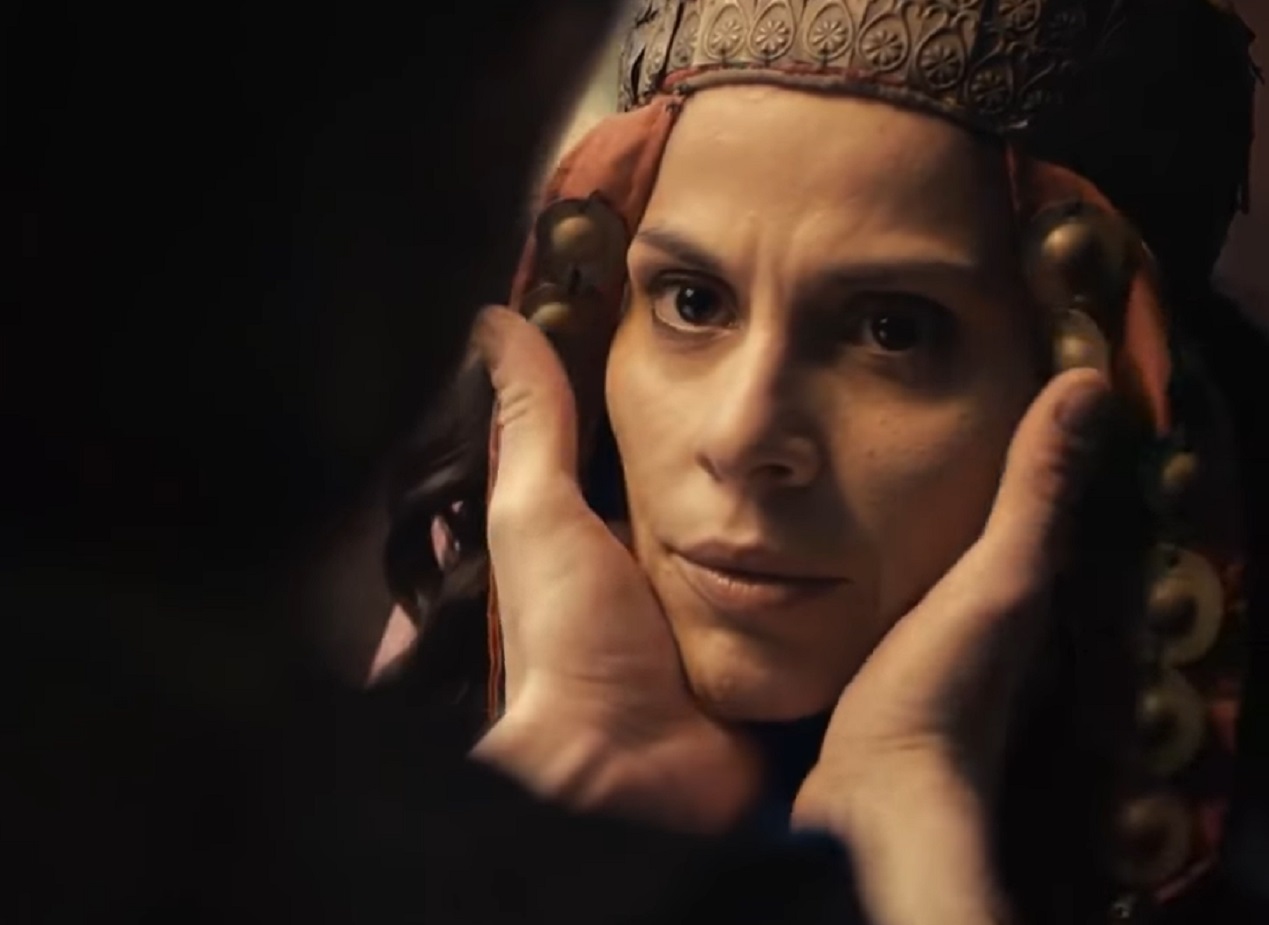 Gruppe 5, Alexander the Great (2014)
Gruppe 5, Alexander the Great (2014)
49. There Was Lots Of Him To Go Around
Alexander got married three times—all to Persian women—but this wasn't because he had too much love to go around. Each union was political, ensuring loyalty from his newly-conquered Persian subjects. But this plan backfired horribly. While making Persian connections, Alexander was sowing resentment among his Macedonian men.
It was only a matter of time before he pushed them too far.
 Gruppe 5, Alexander the Great (2014)
Gruppe 5, Alexander the Great (2014)
50. His Relationships Were Confusing
So, who did Alexander the Great really love? Was it Hephaestion, his loyal companion since childhood? Roxana, the beautiful Sogdian princess? One of his other wives? Or what about Barsine, who allegedly birthed his first child? Most history books will tell you about each of these partners...but have you ever heard of Bagoas, the beautiful eunuch?
 Gruppe 5, Alexander the Great (2014)
Gruppe 5, Alexander the Great (2014)
51. He Kept A Beautiful Eunuch With Him
Bagoas, a favorite of Darius, was a eunuch “in the very flower of boyhood”. After Darius fell, Alexander inherited the beautiful Bagoas, and ancient sources claim they had an intimate relationship, much as Bagoas had had with Darius before him.
Bagoas only makes the question of Alexander’s romantic life even more confused—but to be fair, love wasn’t his biggest priority. Alexander had plenty else to keep him busy.
 Gruppe 5, Alexander the Great (2014)
Gruppe 5, Alexander the Great (2014)
52. He Had To Keep Moving
It seemed like any time Alexander stood still, he found himself facing another plot against him. But he found a solution to that aggravation: Just keep moving. After executing some of his men who conspired against him, Alexander turned east once more. This time, he had India in his sights.
But little did he realize, India was where Alexander the Great would finally meet his match.
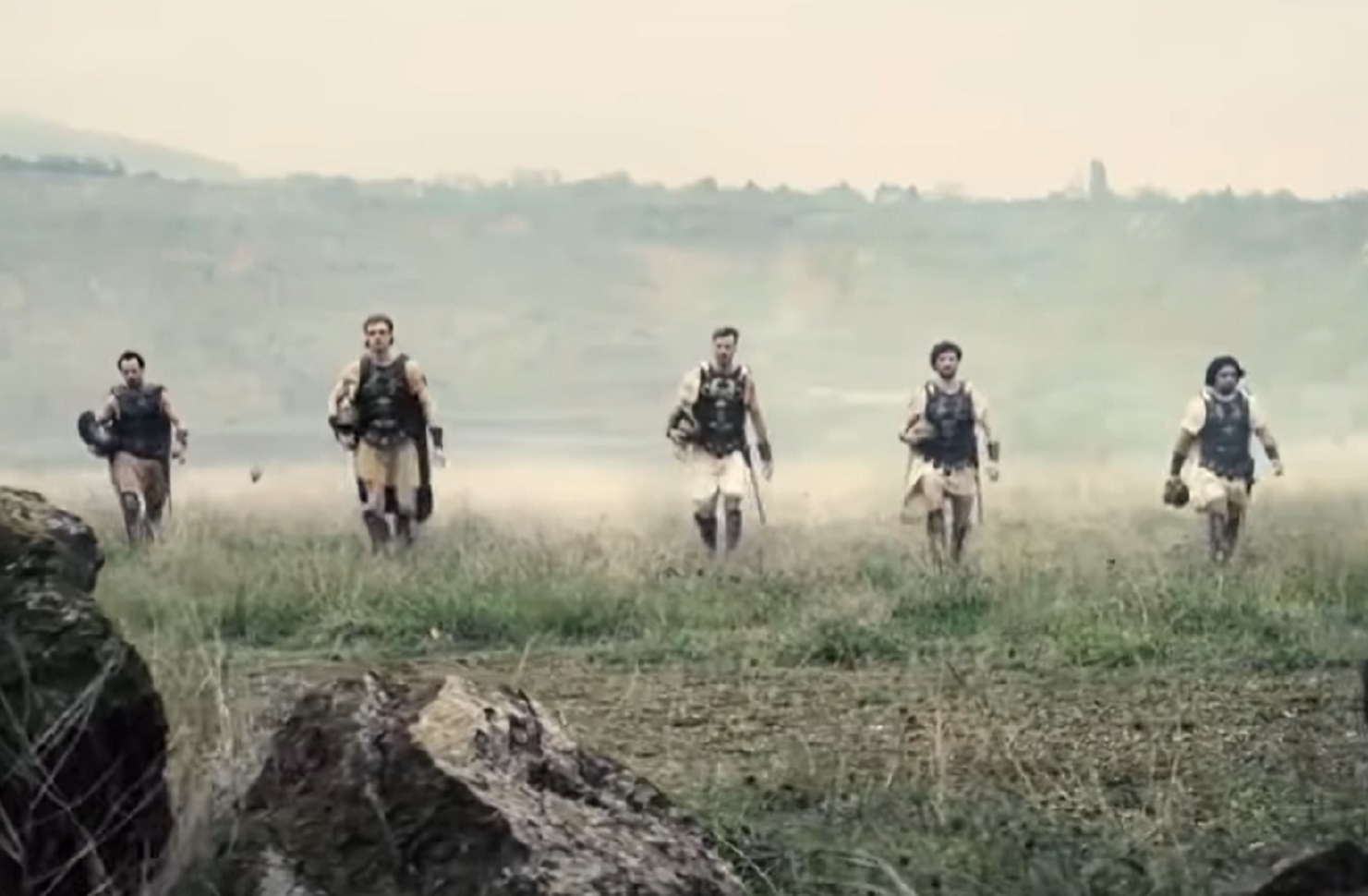 Gruppe 5, Alexander the Great (2014)
Gruppe 5, Alexander the Great (2014)
53. He Fought Against Elephants
It had been nearly a decade since Alexander left Macedon behind him, but he still insisted his men push further. In the Far East, they razed yet more cities, faced strange foreign armies who fought with elephants, and still, Alexander’s undefeated streak continued.
But this life of constant marching, fighting, and paranoia was starting to take its toll.
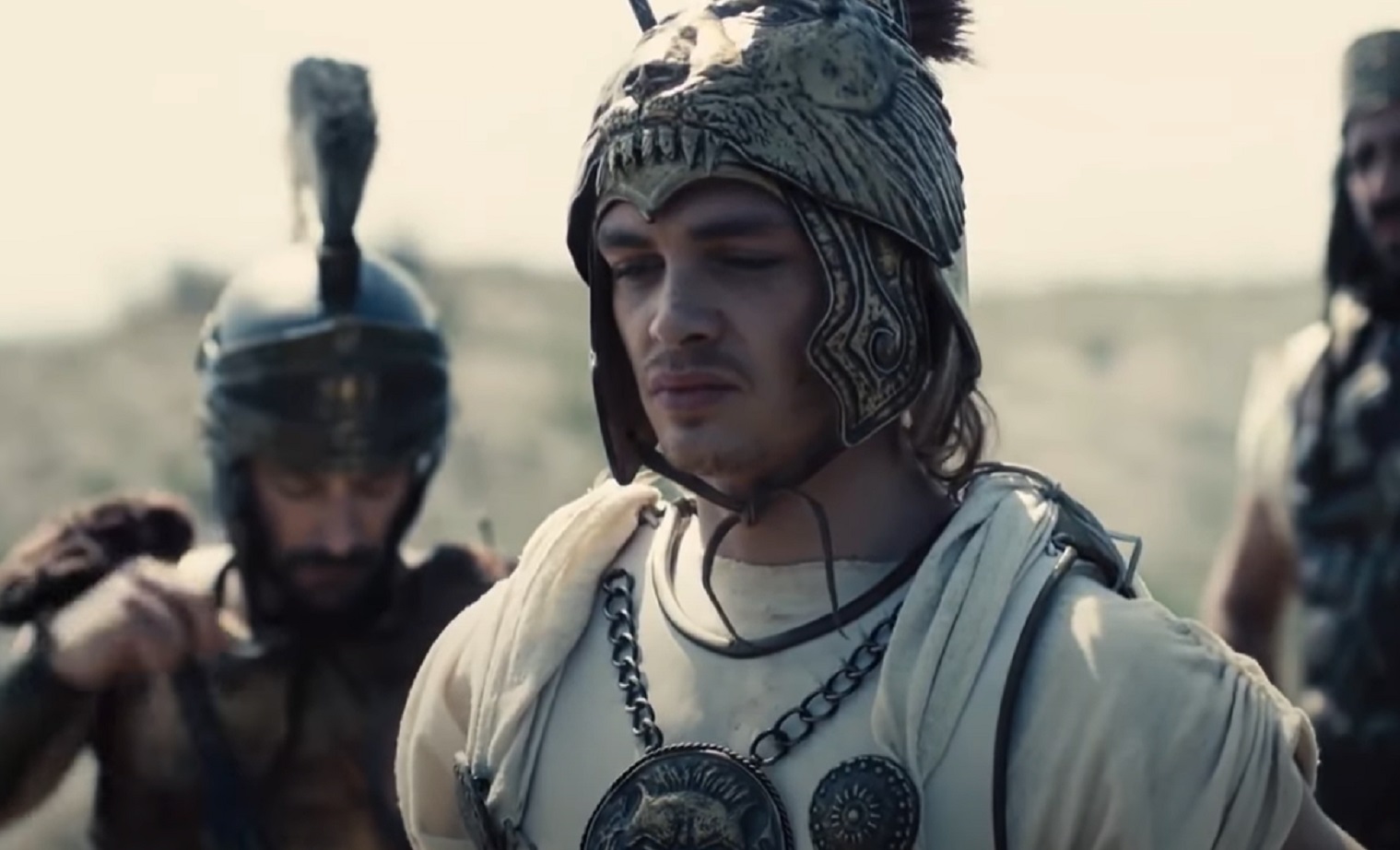 Gruppe 5, Alexander the Great (2014)
Gruppe 5, Alexander the Great (2014)
54. He Was Losing His Edge
At night, Alexander turned to drinking to quell his troubled mind, but that only ended up causing more calamity in his life. In a night that has become infamous, Alexander got into a drunken altercation with Cleitus the Black, the man who'd saved Alexander's life during the Battle of the Granicus. Cleitus criticized Alexander for having forgotten his Macedonian ways, and also brought up a few of the conqueror's strategic missteps—but really, he was just saying what everyone was thinking.
The men were tired from their years on Alexander's warpath, and now they found they no longer recognized their king, who had embraced so many Persian traditions. They had followed him quite literally to the ends of the Earth, but Alexander finally found their limit.
55. His Men Said No More
When Alexander reached the Ganges River, he finally found his men’s limit. The river was wide, deep, and thousands of enemy warriors, horses, and elephants waited for them on the other side. When Alexander told his forces to press on, they simply said, "No".
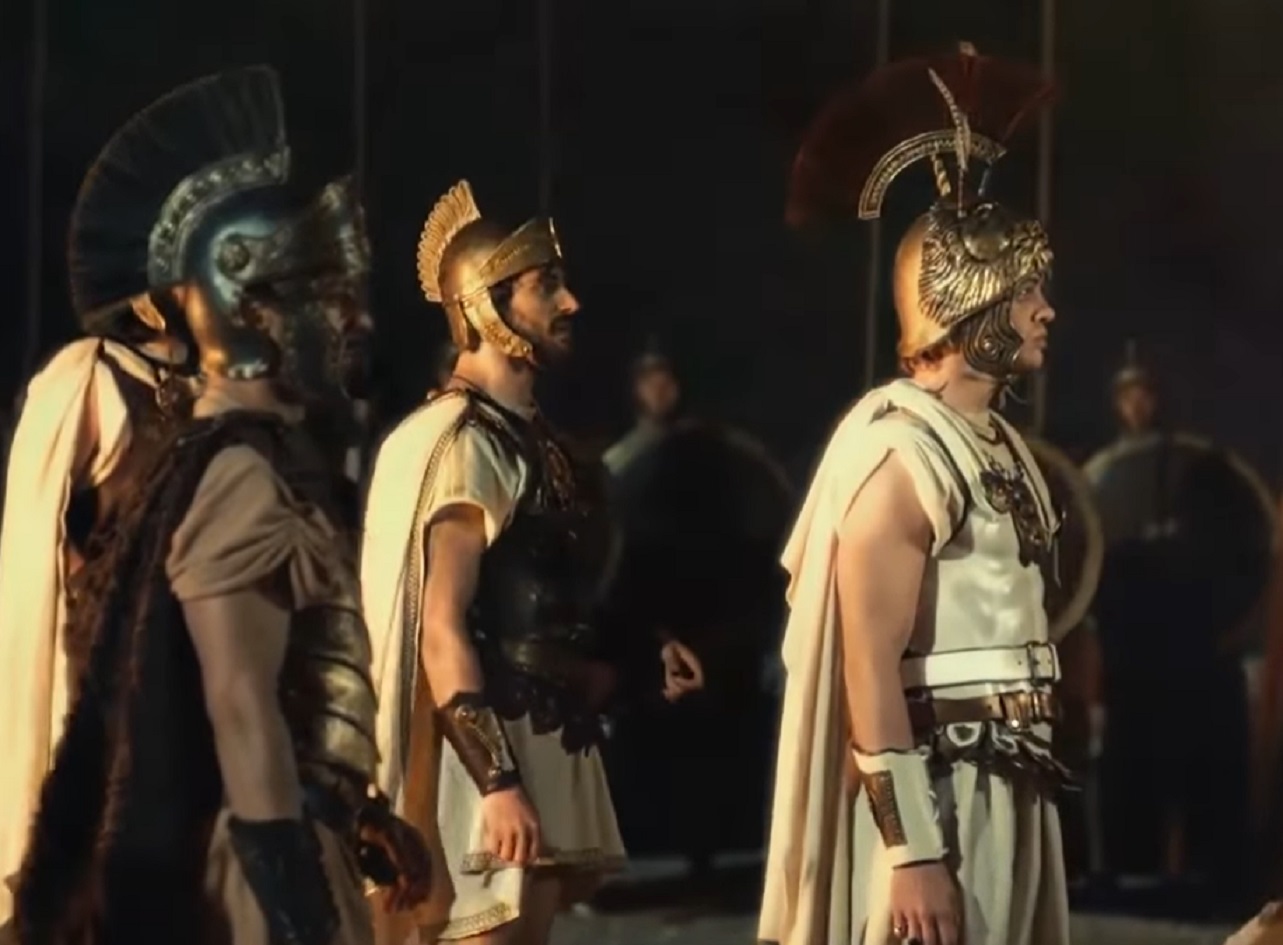 Gruppe 5, Alexander the Great (2014)
Gruppe 5, Alexander the Great (2014)
56. His Men Begged To Stop
Alexander the Great was one of the most charismatic leaders in history, but there was nothing he could say that would convince his men to cross the Ganges. One of his generals begged him to reconsider: None of their men had seen their families, their homes, for years. Hadn’t Alexander marched them far enough?
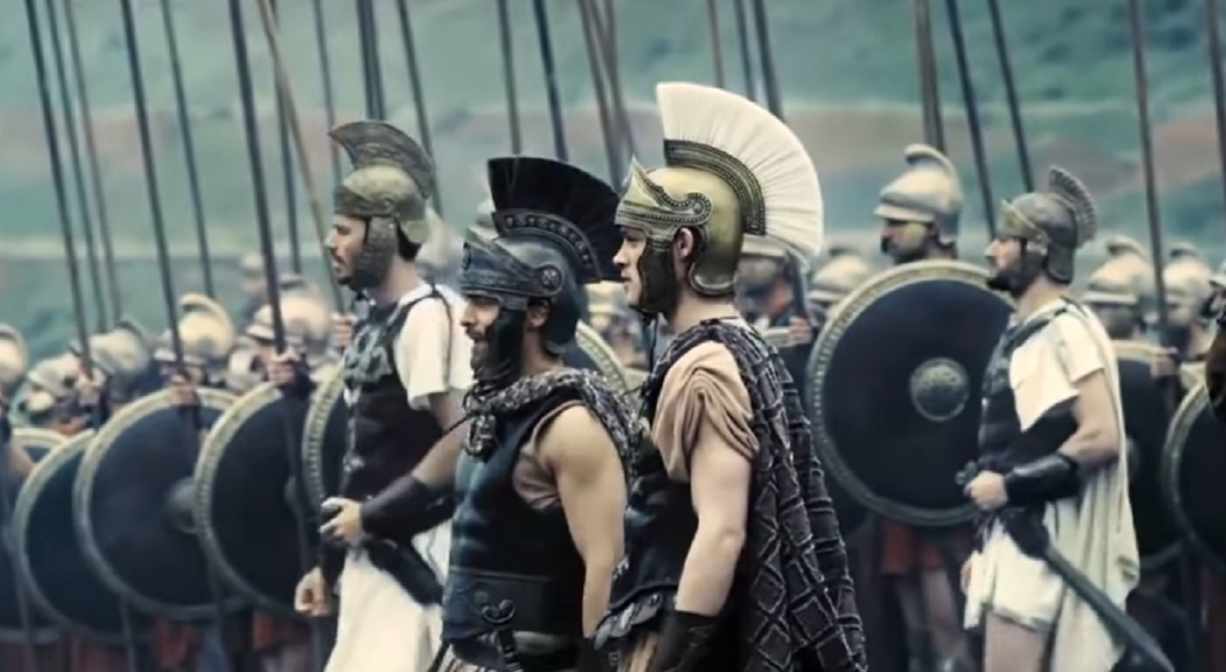 Gruppe 5, Alexander the Great (2014)
Gruppe 5, Alexander the Great (2014)
57. They Had One Final Trial Ahead Of Them
Not even Alexander could convince his men to march any further, and for the first time in his life, he had to admit defeat. But that didn't mean their trials were over. Alexander and his men turned West to Susa, but a scorching desert lay between them and their destination.
Thousands more men lost their lives in the desert before the Macedonians finally made it back to the Persian heartland—and they weren't even home yet.
58. He Lost His Beloved
As Alexander plotted his next move, tragedy struck. His beloved Hephaestion fell ill and quickly perished. While some still doubt the nature of Alexander and Hephaestion’s relationship, Alexander's reaction made his feelings clear: Mad with grief, Alexander threw himself on Hephaestion’s body and lay there in tears for an entire day.
The Companions eventually had to drag him away from his fallen friend, but the truth was obvious: Alexander didn’t want to live in a world without Hephaestion. Lucky for him, he wouldn’t have to for long.
 Gruppe 5, Alexander the Great (2014)
Gruppe 5, Alexander the Great (2014)
59. He Threw A Feast
After giving his friend a lavish funeral in Babylon, Alexander once again set his sights on conquest. He made plans to venture into the Arabian peninsula and add to his already colossal empire. To celebrate the impending invasion, he threw a fabulous banquet. It was the last one he’d ever throw.
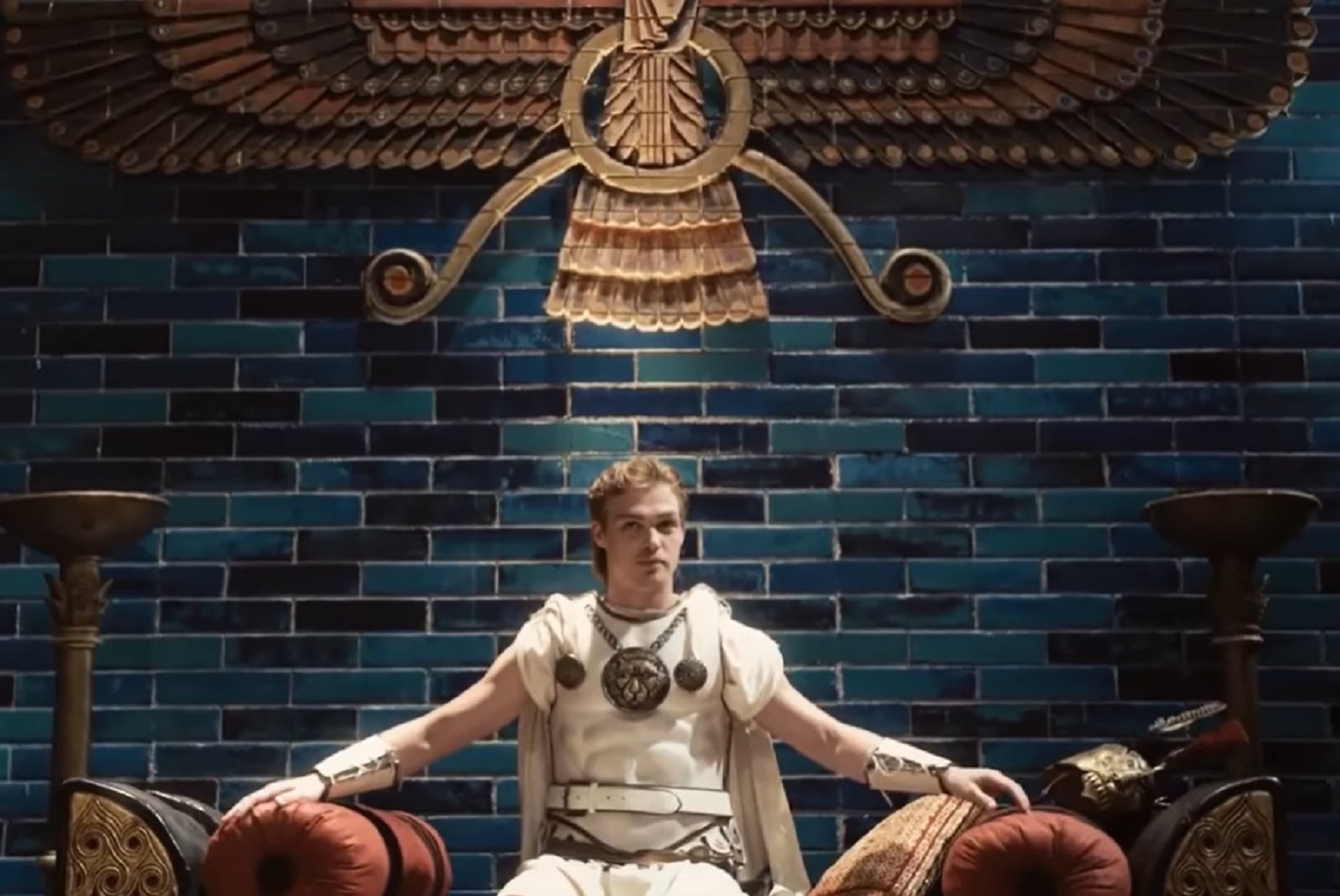 Gruppe 5, Alexander the Great (2014)
Gruppe 5, Alexander the Great (2014)
60. He Fell Ill
Despite everything we know about Alexander the Great, the exact circumstances of his end remain a mystery. Some sources claim he succumbed to a fever, while others called it a fit of weakness and agony. But what they do agree on is this: Alexander went out drinking in Babylon, he fell ill, and in June of 323 BC, he gave his last breath.
In just 32 years, Alexander the Great had remade half of the known world in his image—and he wasn’t even finished yet.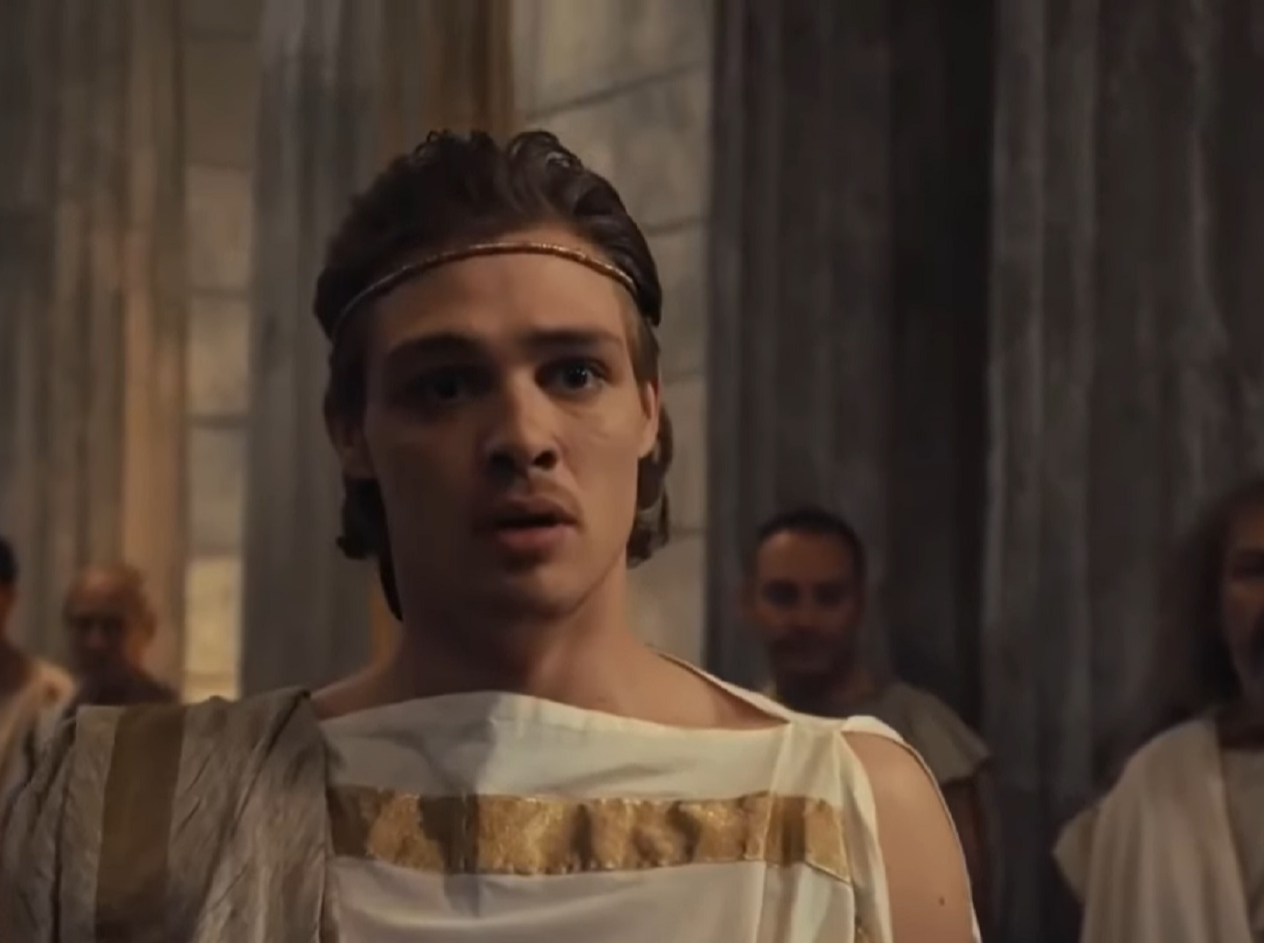 Gruppe 5, Alexander the Great (2014)
Gruppe 5, Alexander the Great (2014)
61. His Last Words Caused Chaos
Even as he left it, Alexander the Great wasn’t finished reshaping the world. As he lay on his deathbed, someone asked him who his empire should go to. He responded with three simple words, the last he’d ever utter: "To the strongest".
Those three words set off the Wars of the Diadochi, decades of vicious fighting between Alexander’s companions over his unwieldy empire, which collapsed almost the moment of Alexander’s passing.
62. His Wife Learned From His Mom
Despite having three wives, Alexander perished without a living heir. However, his wife Roxana was pregnant at the time. and hoped that her son might be able to one day take up his father’s mantle. Roxana was willing to do anything to make ensure her son's rule, and soon after Alexander’s demise, she had both of Alexander’s other wives eliminated to prevent any opposition to her plans.
She learned from Alexander well. Unfortunately, executing your political rivals is a double-edged sword. Cassander, one of Alexander’s generals, had both Roxana and her son poisoned, ending Alexander the Great’s bloodline for good.




